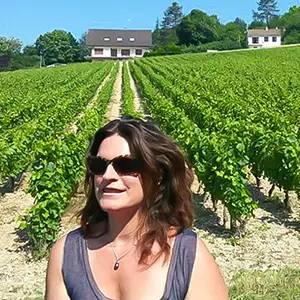You don’t need another “Top 10 Escapes in Europe You’ve Never Heard Of.” You don’t need another checklist. You need a reason to stop. Not to escape. Not to perform some curated idea of rest. Just to stop… long enough to feel where you are again. Because lately, even beauty feels rushed. We skim. We scroll. We land and leave. We forget the taste of things. And we call that travel.
They say Europe has already been seen. Photographed. Mapped. That between Lisbon and Istanbul, between Paris and Athens, there’s nothing left to discover. Just monuments. Just noise.
But Europe isn’t a museum. Europe is a garden. A wild, breathing, living garden, where silence still means something, and time moves with the land, not against it. Where whole days can pass in a sun-warmed village, or an island wind, or a plate of grilled fish that tastes like the sea it came from.
The rarest places aren’t the hardest to reach, they’re just the ones we’ve forgotten how to see. Because they require something we no longer give: attention. Presence. A willingness to go slow. This isn’t a list. It’s a pause button. Places that don’t ask anything of you, except that you stay a while, and let the noise drop away.
Pantelleria – The Island That Burns and Blooms
Between Sicily and Tunisia, surrounded by wind and sea, Pantelleria rises from the Mediterranean like a secret the earth is still keeping. There are no soft edges here. The island breathes fire, all black lava cliffs, fumaroles, and hot springs. But somehow, improbably, everything blooms. Zibibbo vines curl low against the wind. Caper bushes spill from the rocks. Fig trees grow from dust. This isn’t the Mediterranean you expect. It’s wilder. Older. Untranslated.
You don’t stumble onto Pantelleria, you choose it. There are no sandy beaches, no easy postcards. Instead: natural thermal pools hidden in the hills, stone trails that smell of rosemary and ash, and silence that feels both sacred and charged. The architecture, too, belongs to the land. Dammusi, thick-walled stone dwellings with domed white roofs, dot the lava fields like grounded clouds. Many have been restored into private villas or boutique hotels where luxury doesn’t mean excess, but absolute privacy, elemental beauty, and perfect stillness.
One such place is Sikelia Luxury Retreat, where Arabesque arches meet monastic minimalism. Here, mornings begin in linen robes, with views stretching from vineyard to sea. The air smells of citrus and sagebrush. Time slips sideways.
You might spend the day soaking in the natural sauna of Bagno Asciutto, carved into volcanic rock, before floating in Specchio di Venere, a crater lake turned mirror. A picnic under a pergola heavy with grapes, or a barefoot lunch in the garden at La Vela, where the pasta comes tangled with wild herbs and sea urchin. And in the evening, when the sky turns volcanic pink, a long dinner at Themà – the restaurant at Sikelia – where island ingredients are elevated without losing their soul, and every course feels like it belongs to the land.
Pantelleria doesn’t seduce. It challenges. It asks you to surrender comfort, and in return offers something far rarer, a feeling that you’ve stepped off the map, into the bones of the earth, and found something fierce, beautiful, and entirely your own.
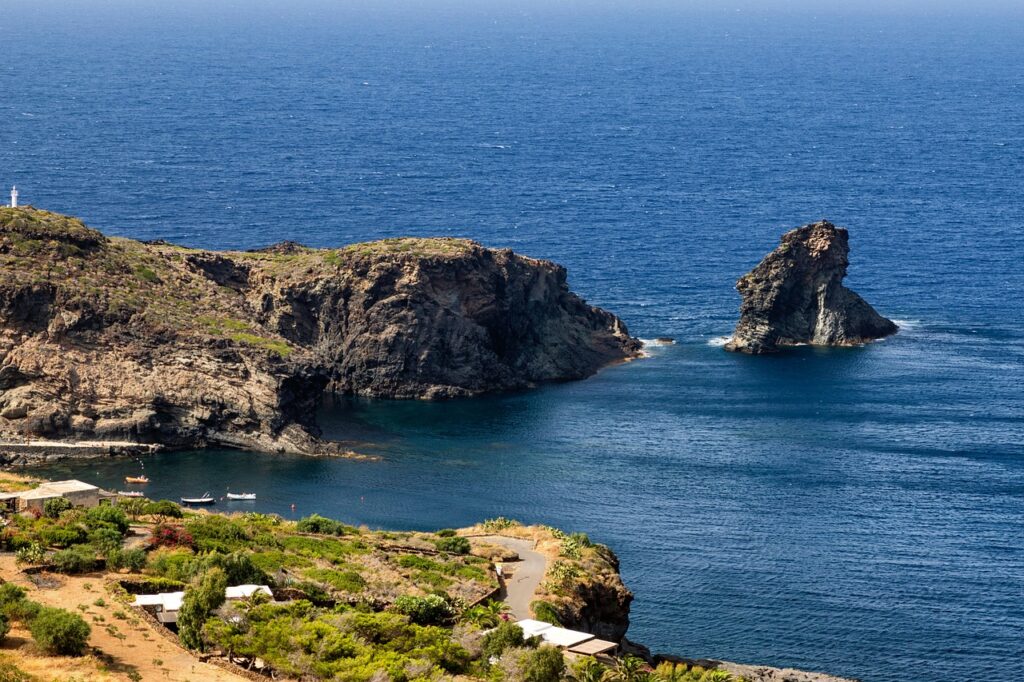
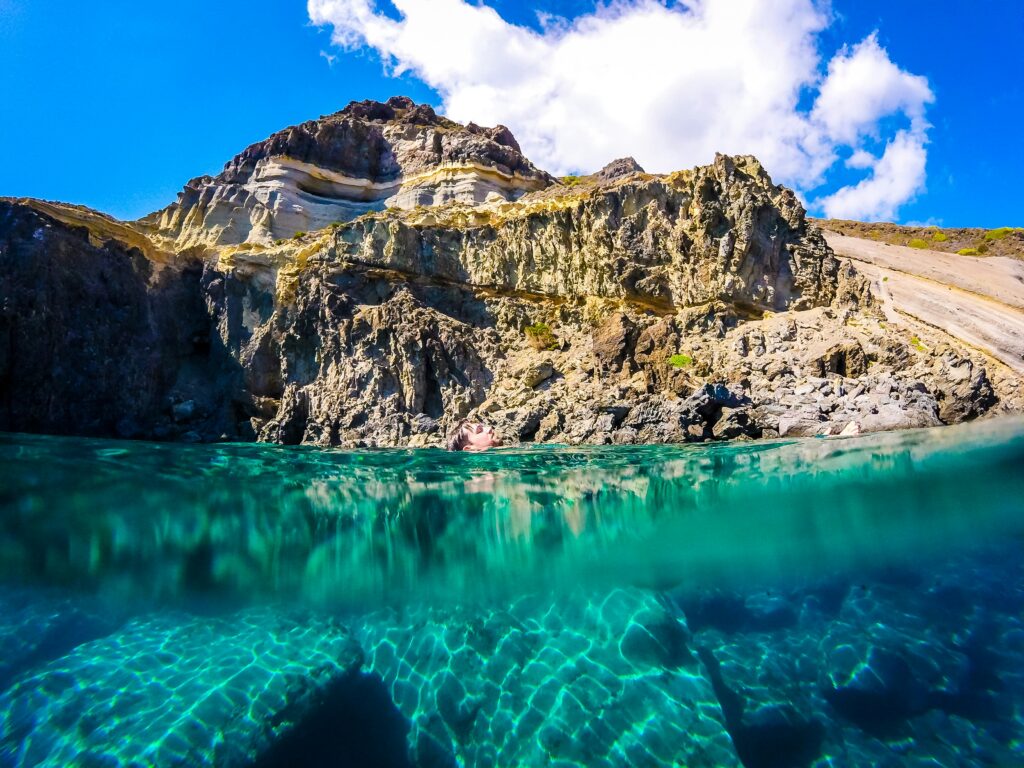
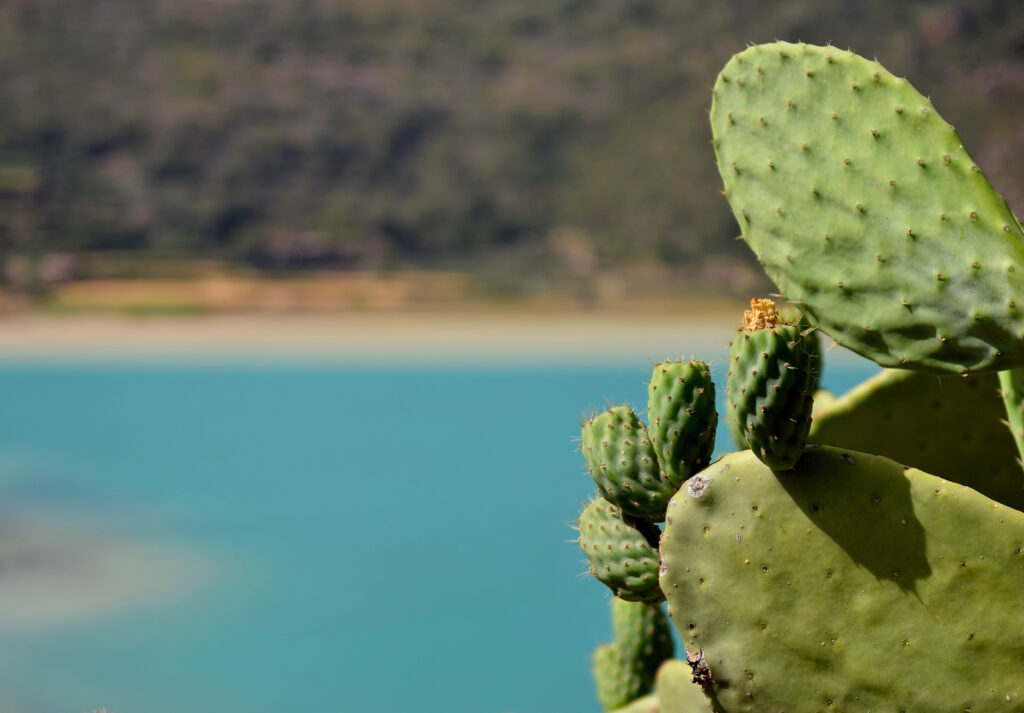
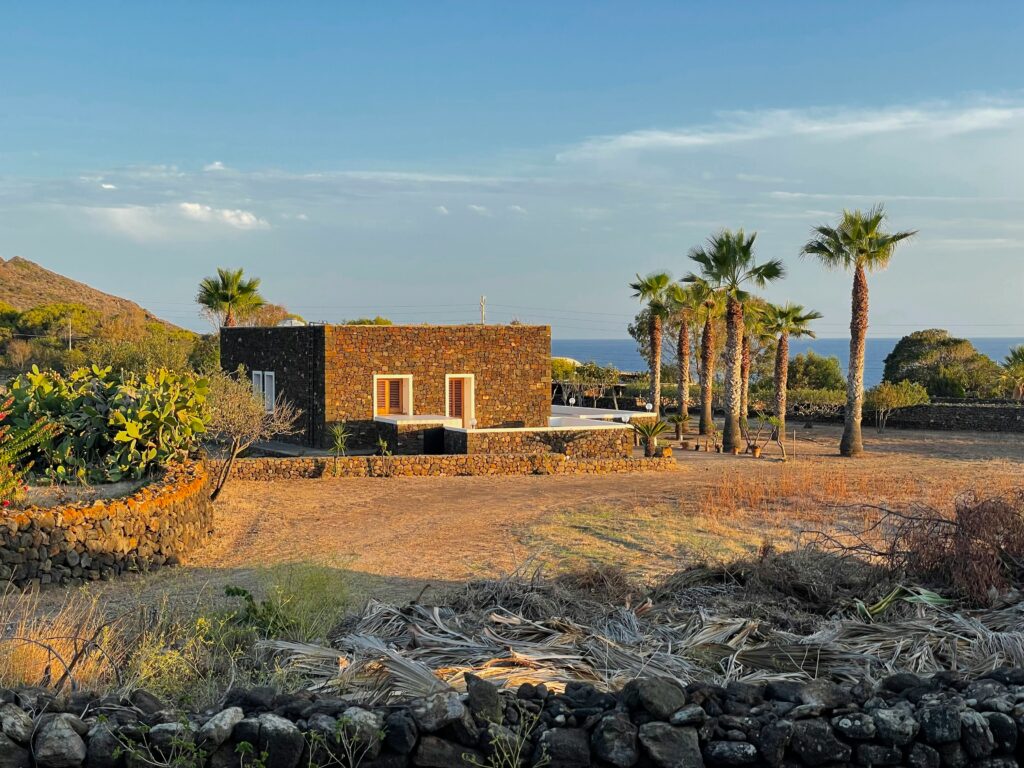
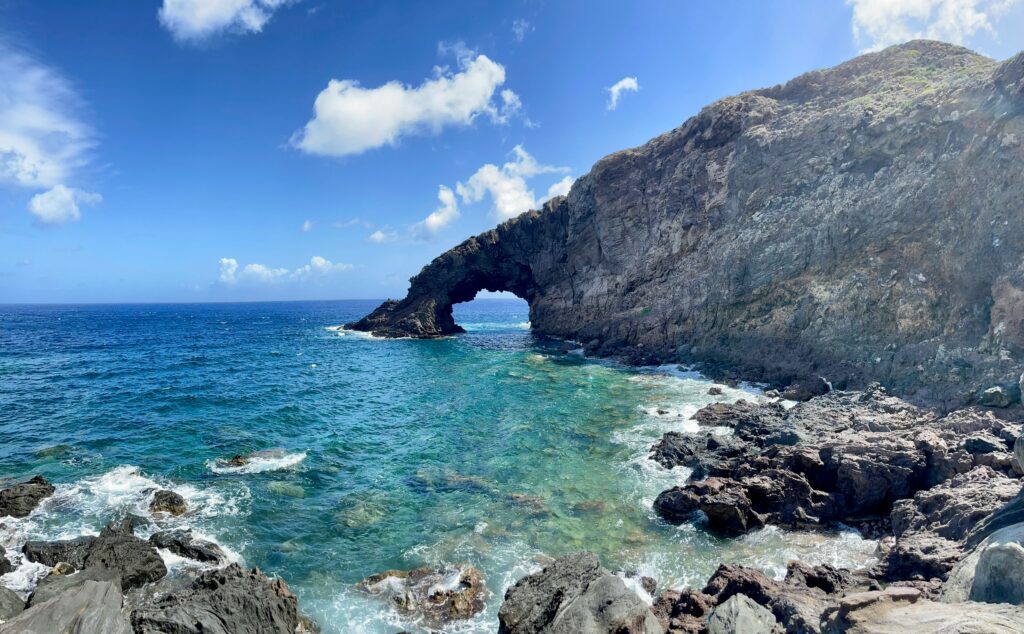
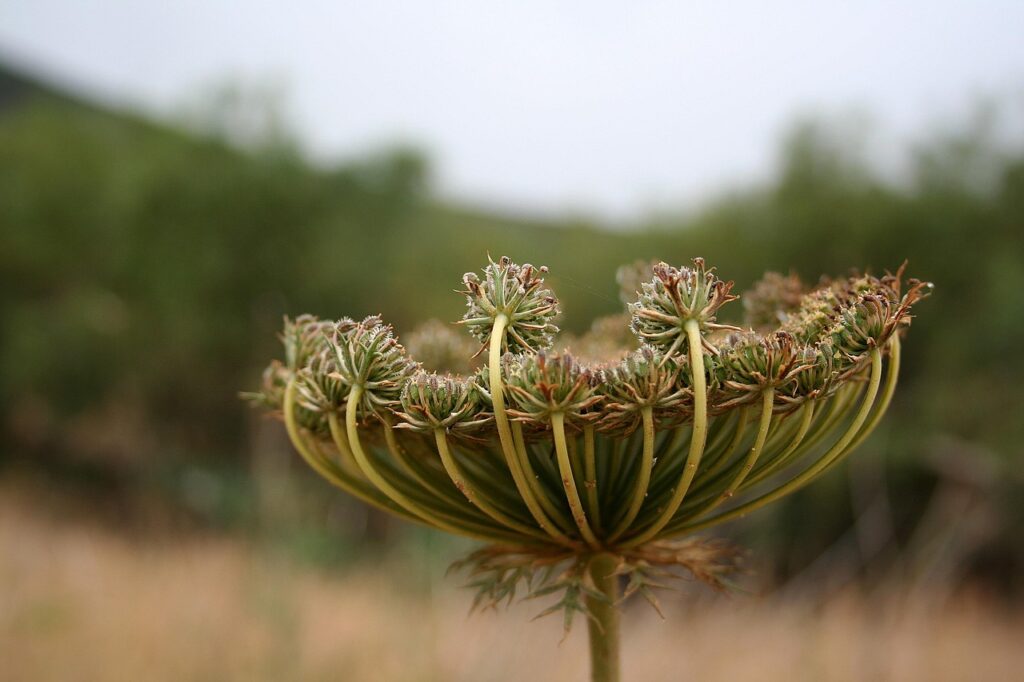
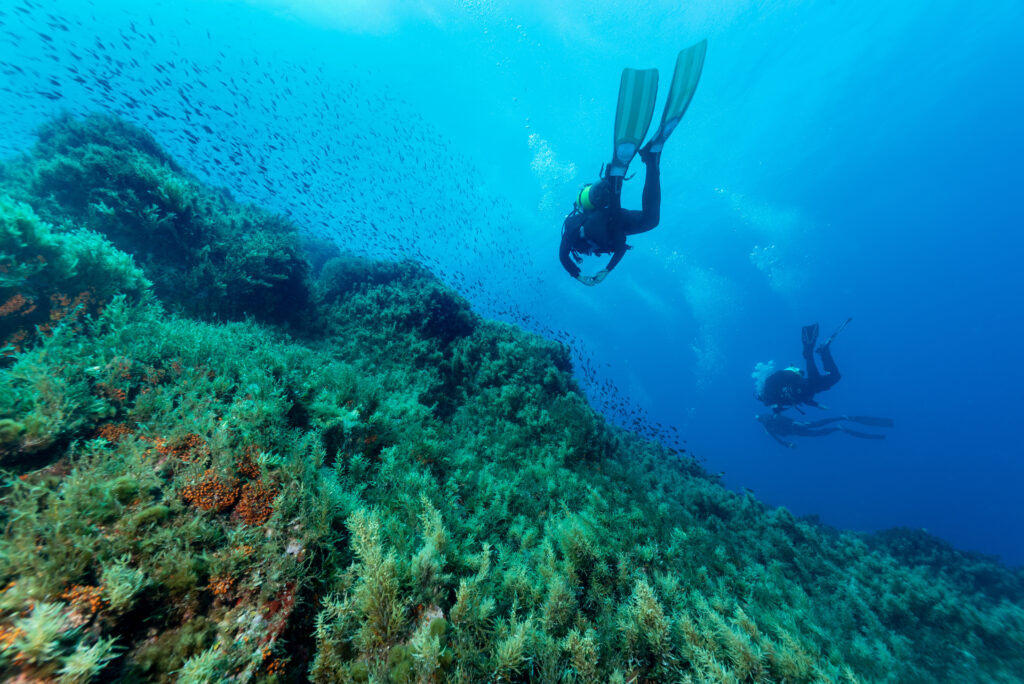
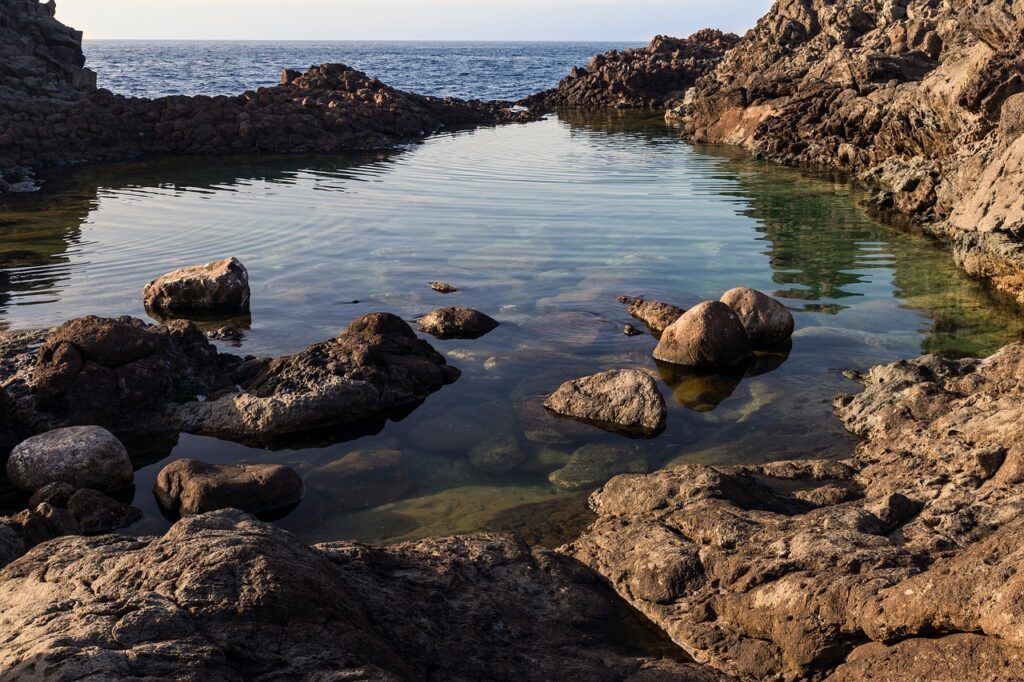
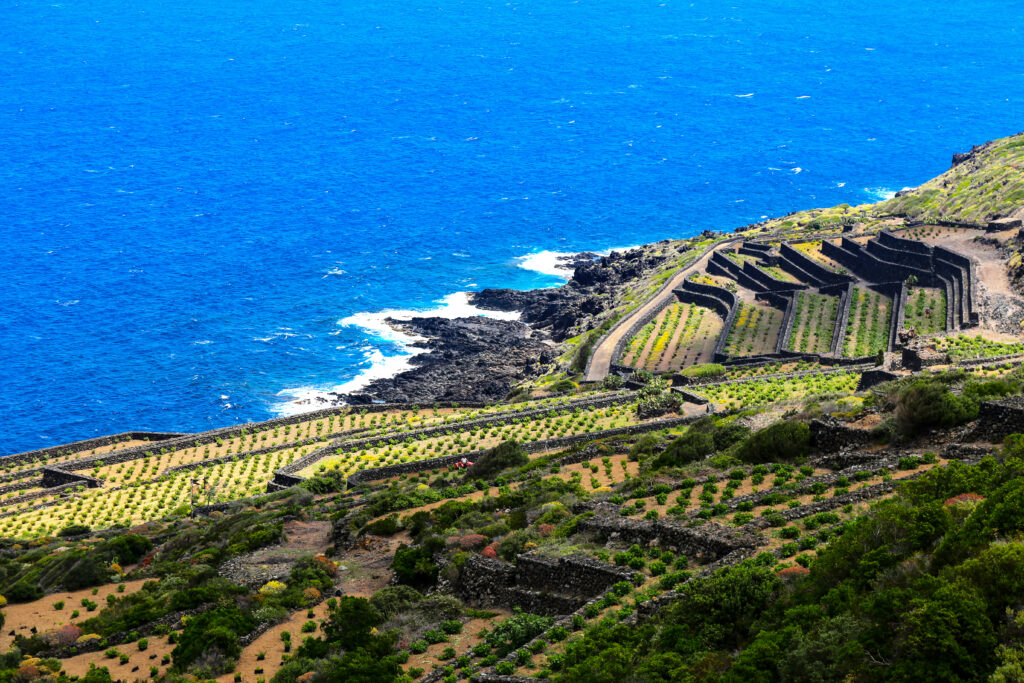
Alentejo – A Silence That Speaks in Gold
Alentejo isn’t loud. It doesn’t sparkle or shout. It breathes slowly, deeply, like the land itself. Sprawling between Lisbon and the Algarve, this region is a tapestry of ochre plains, cork forests, and hilltop towns that catch the last light of day like sun-warmed stone. The roads are long and empty. The days stretch. The silence is full of birdsong and distant bells.
Here, time folds differently. The whitewashed villages – Évora, Monsaraz, Estremoz – seem to float above the fields, their tiled roofs and crumbling chapels untouched by urgency. The air smells of cistus, dry grass, and warm dust. Life follows the rhythm of seasons, of soil, of harvests. You don’t visit Alentejo to be entertained. You come to inhabit a slower, older way of being.
That slowness is a luxury all its own, but it’s matched by quiet refinement. The region’s rural estates, once working farms or convents, have transformed into havens of understated elegance. São Lourenço do Barrocal, at the edge of Monsaraz, is a perfect example : a restored 19th-century farm estate with whitewashed walls, terracotta floors, and olive groves that stretch to the horizon. Days here begin with a breakfast of sheep’s milk yogurt and quince jam, and unfold without pressure. A dip in the stone pool. A long walk through vineyards. A nap beneath an ancient holm oak.
The land feeds everything. Wine is made with restraint and soul : deep reds, mineral whites, and the region’s signature talha wines, fermented in clay amphorae using Roman methods. Tastings here aren’t performed. They’re shared, often at the vineyard owner’s table, poured alongside slices of aged queijo de Évora and paper-thin presunto.
By dusk, the golden light turns the fields molten. Dinner might be in a former olive press, where chefs reinterpret regional classics – black pork, coriander, wild mushrooms – with quiet confidence. At Herdade do Esporão, one of Alentejo’s most revered estates, chef Carlos Teixeira creates plates that feel rooted yet featherlight, served in a glass-walled dining room that opens onto the vines. There are no distractions. Just flavor, light, and the slow exhale of the land.
Alentejo is not a place you rush through. It’s one you sink into, like warm clay, like old linen, like silence that teaches you how to listen again.
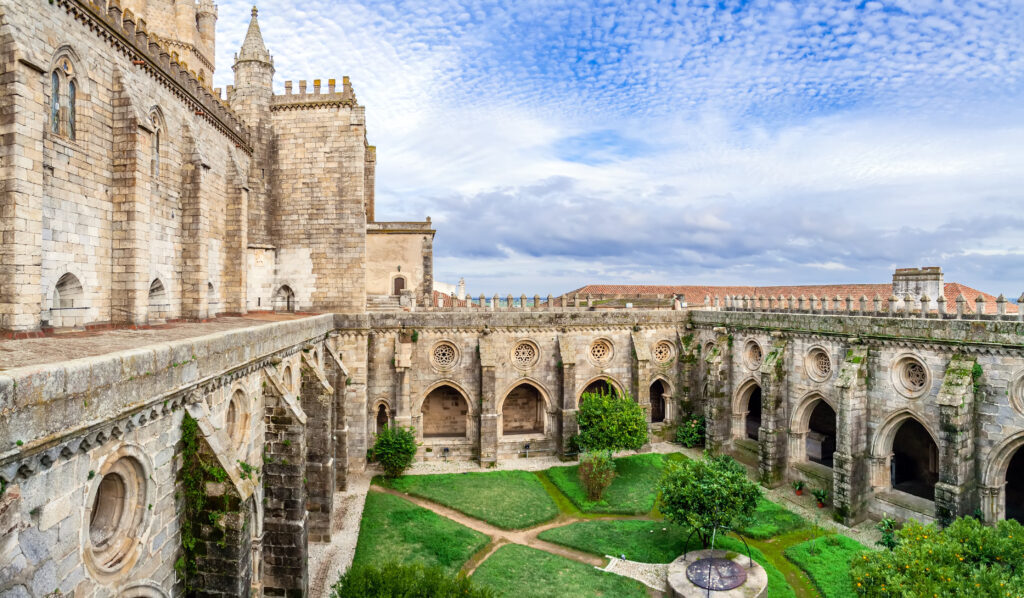
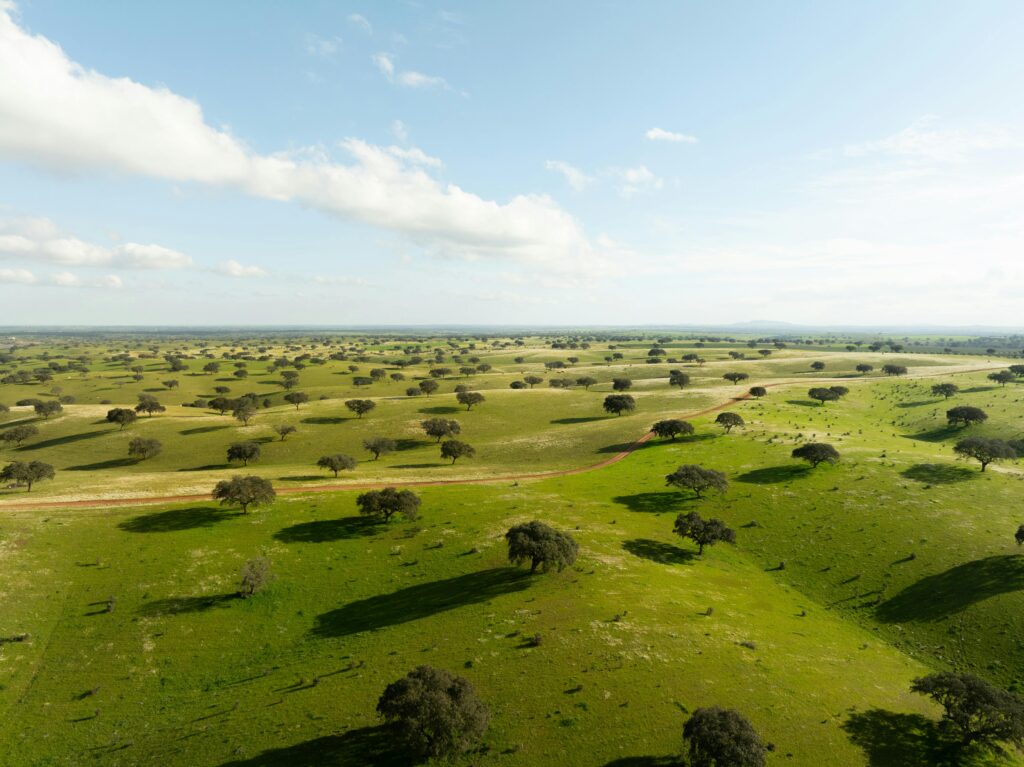
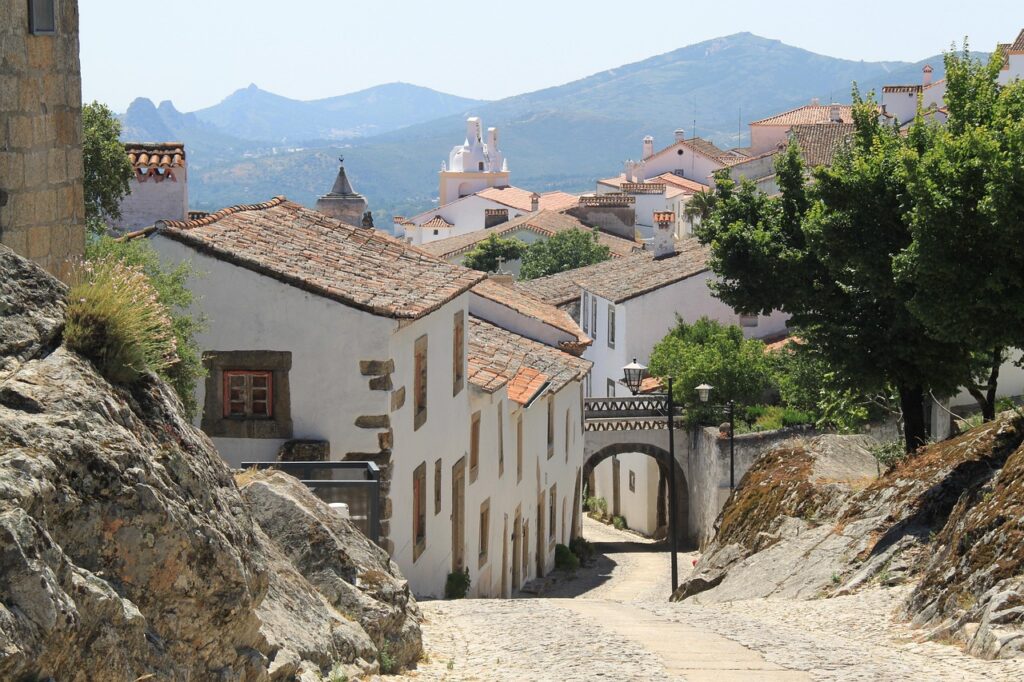
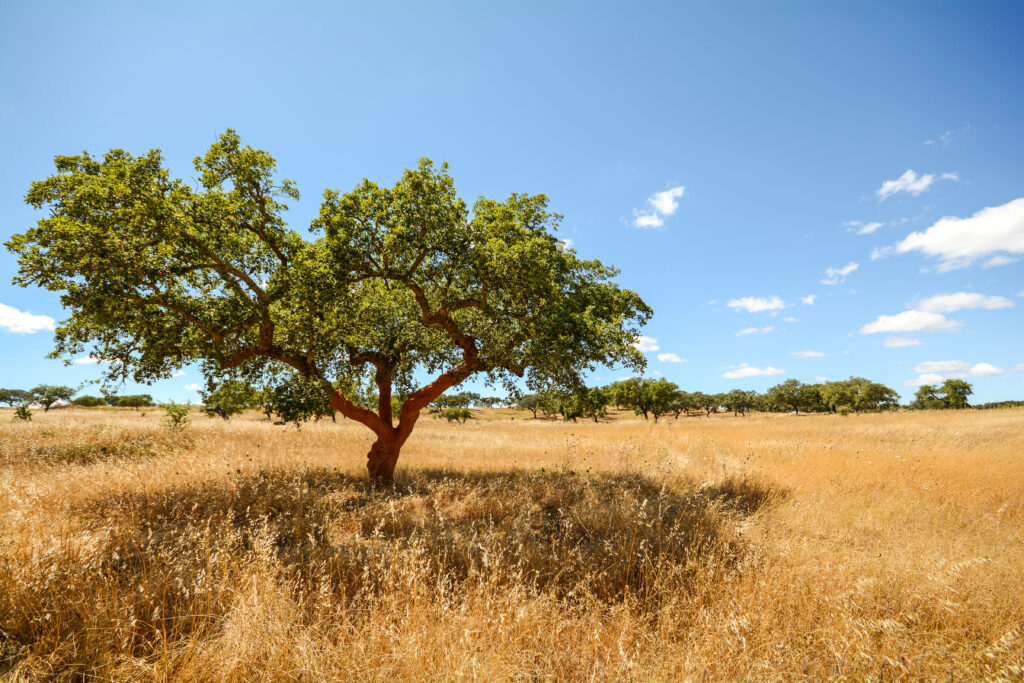
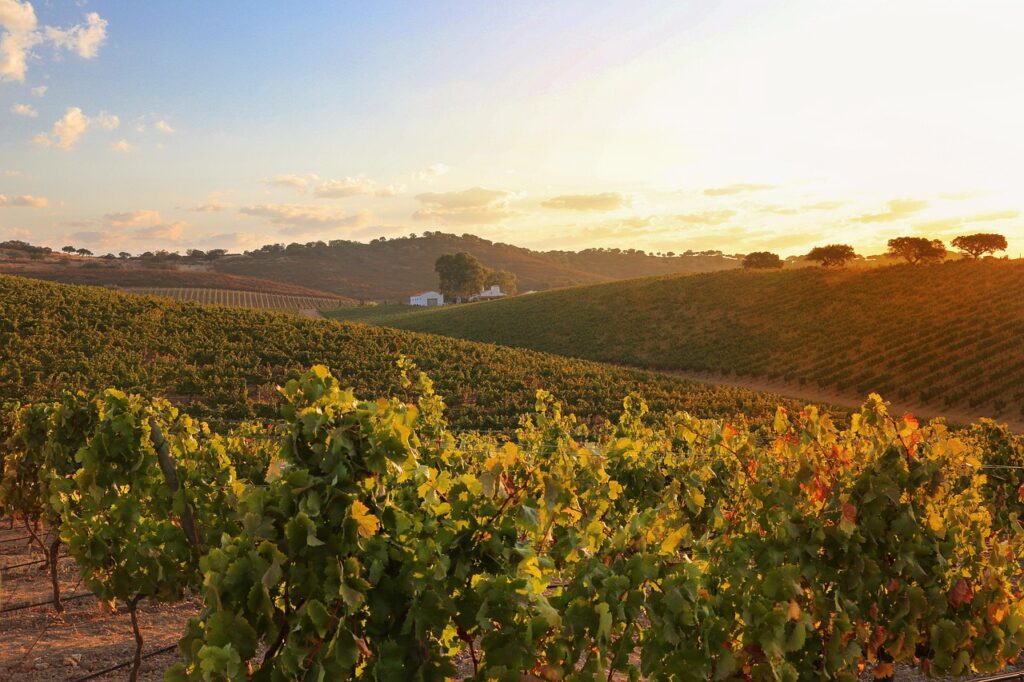
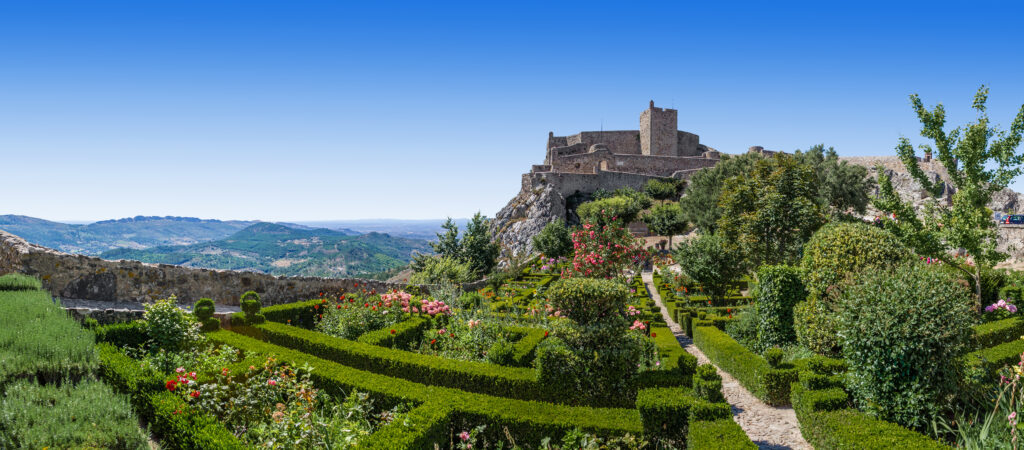
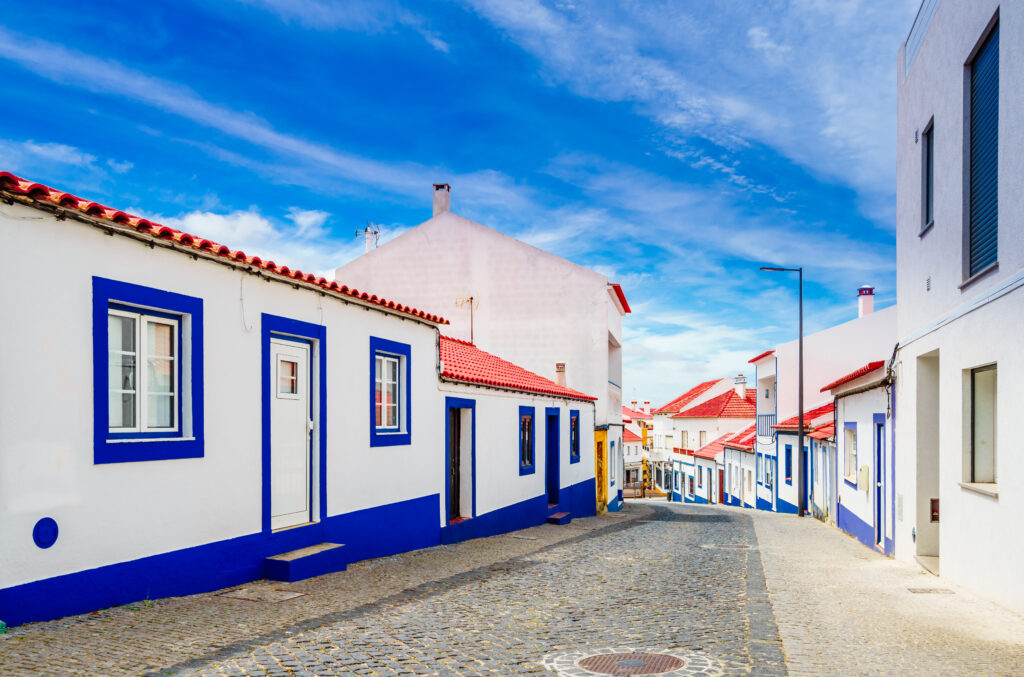
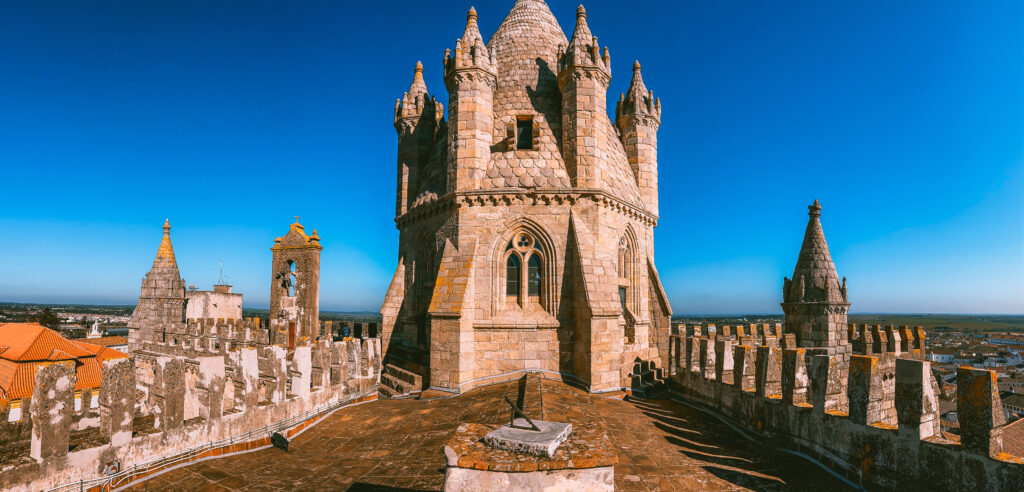
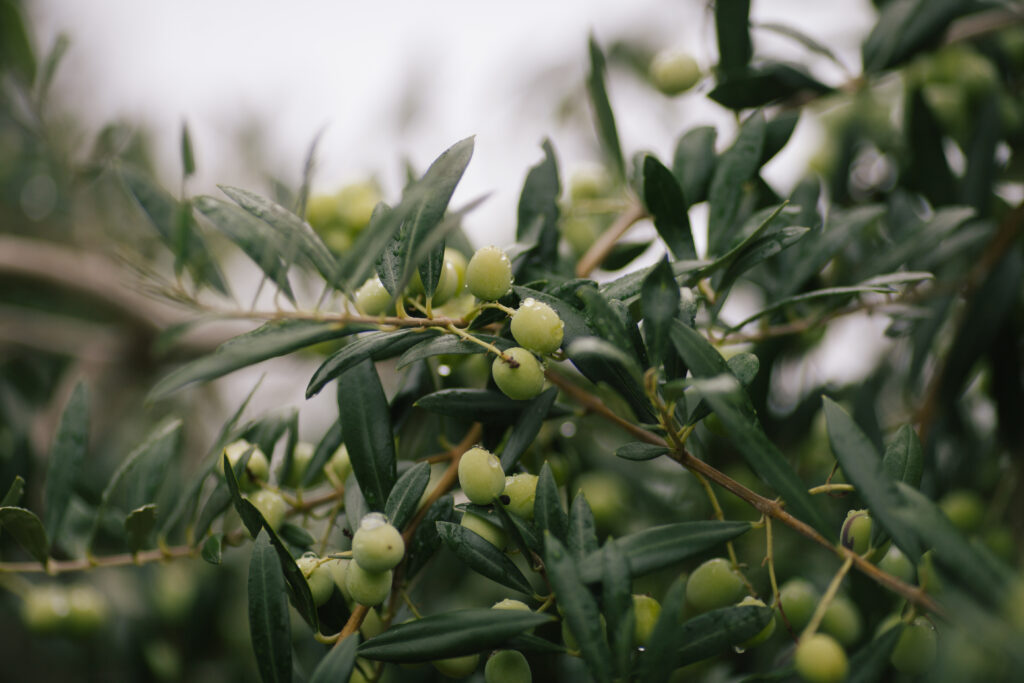
Perast – The Still Point of the Bay
In Montenegro’s Bay of Kotor, where the mountains fold into the sea like a secret being kept, Perast sits with quiet grace. You don’t arrive here with a plan. You drift in by boat, by winding road, and realize you’ve stumbled into a village that seems to exist in reflection. Everything here is still. The water. The baroque facades. The way the light slips down limestone walls at dusk, warming the stone to gold.
Perast is just a single street between the mountains and the bay. No crowds, no noise, just soft footsteps, church bells, and the occasional oar dipping into water. Venetian palazzos line the shore, remnants of a time when this little village commanded fleets. Today, ivy curls over balconies, laundry flutters against marble columns, and time feels gently suspended.
It’s a place for those who understand that silence can be a kind of luxury. At Heritage Grand Perast, a former 18th-century palace turned five-star sanctuary, rooms open onto the water, and breakfast is served where Venetian admirals once held court. The air smells of salt and sun-warmed stone. You might step onto a boat in the morning and glide across glassy water to Our Lady of the Rocks, the island chapel built on centuries of legends and sunken ships, then return for a lunch of just-caught sea bream and olive oil on a shaded terrace where the day forgets to move forward.
Afternoons drift easily into twilight. A swim off the old stone pier. A nap behind blue shutters. A golden glass of Vranac with a view of the islets as the sun disappears behind Lovćen’s peaks. Dinner might be at Conte Restaurant, where the seafood is pulled straight from the bay, and the silence between courses feels like reverence.
Perast doesn’t dazzle. It hushes. It strips everything down to stone, water, and light, and leaves you with exactly what you didn’t know you needed: stillness, presence, a sense of having finally arrived somewhere meant to be kept, not just seen.
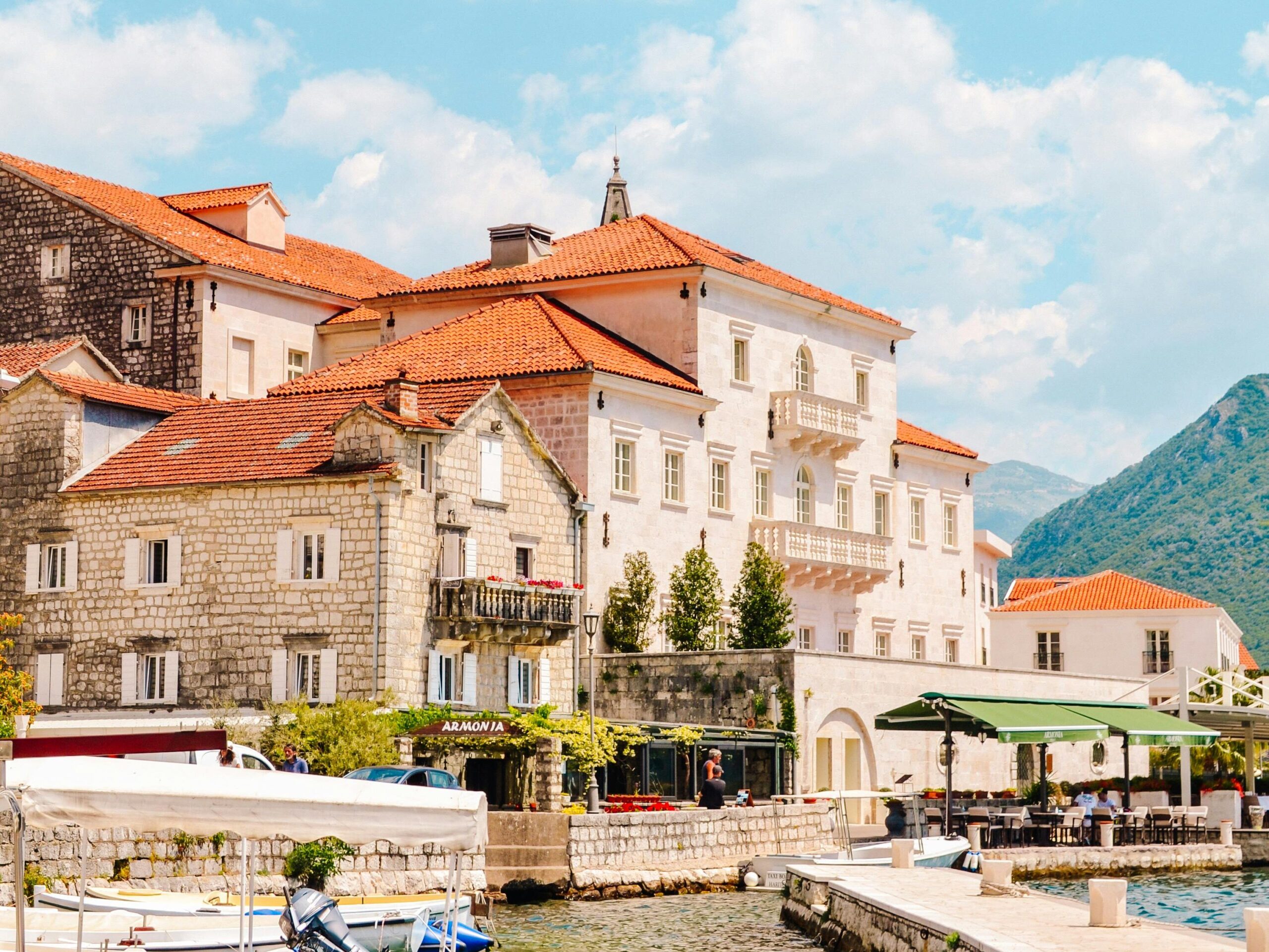
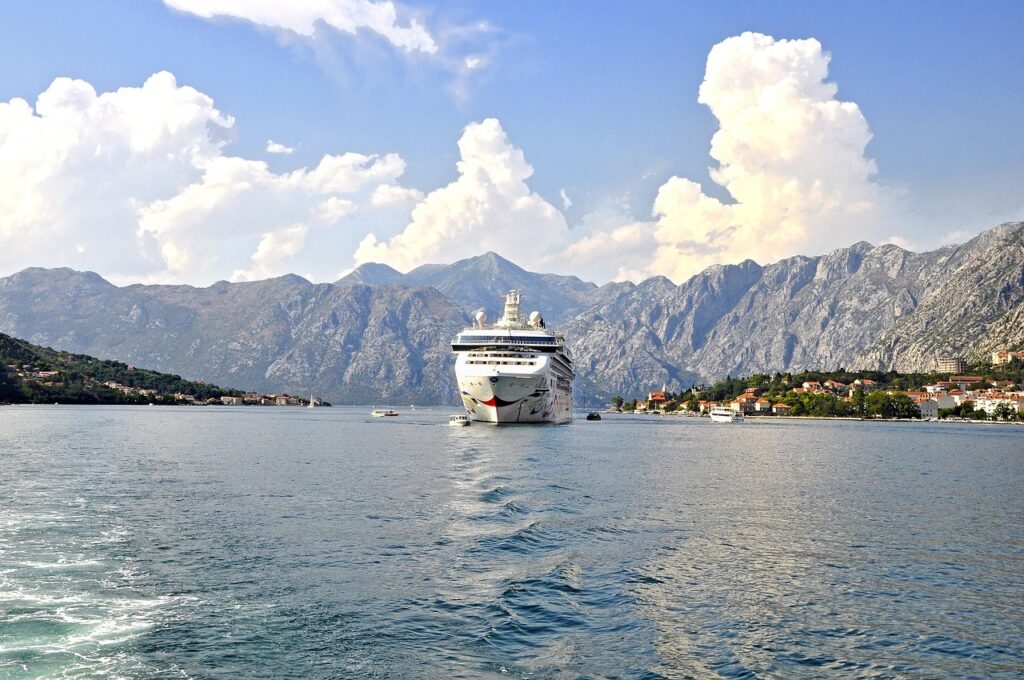
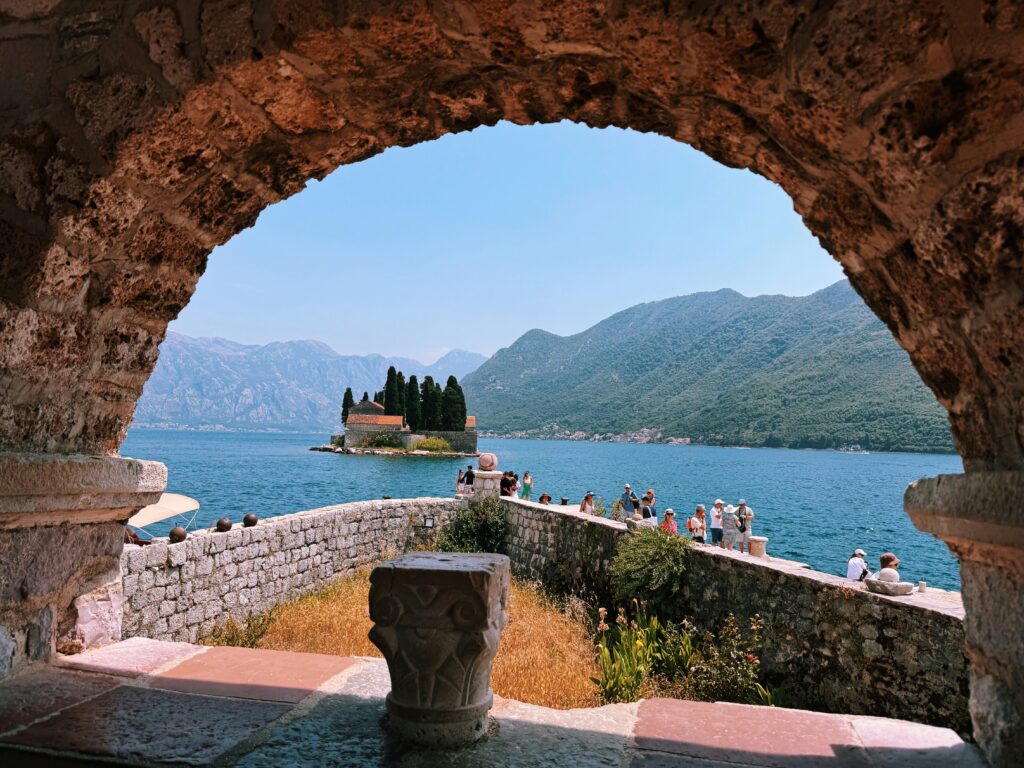
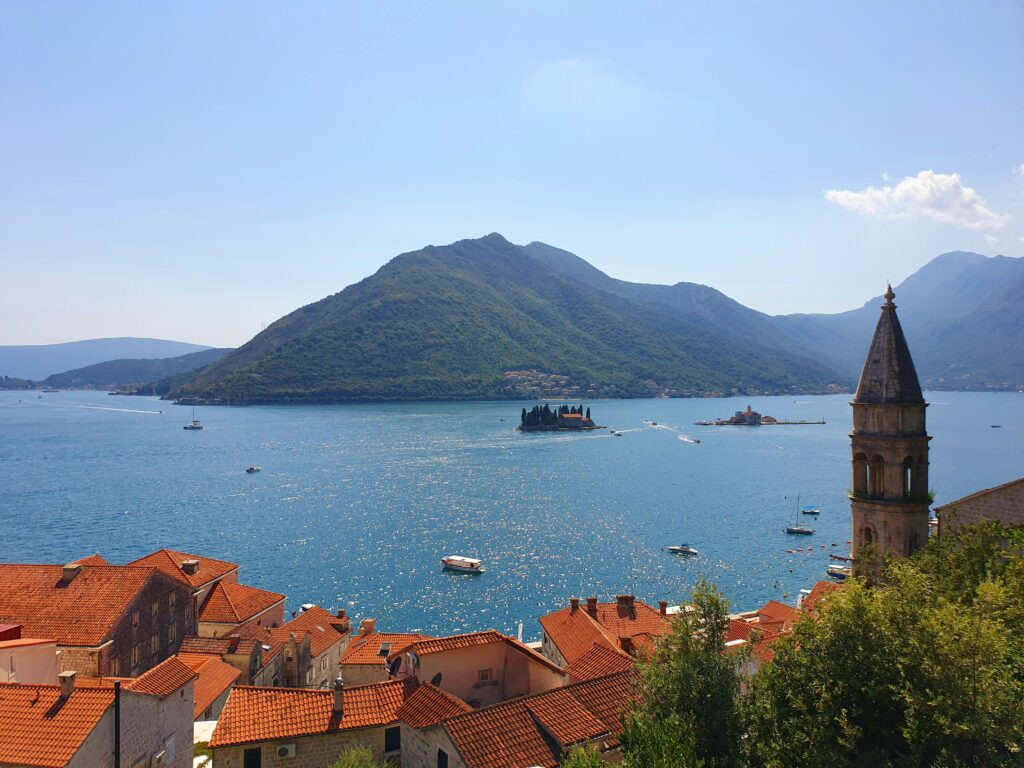
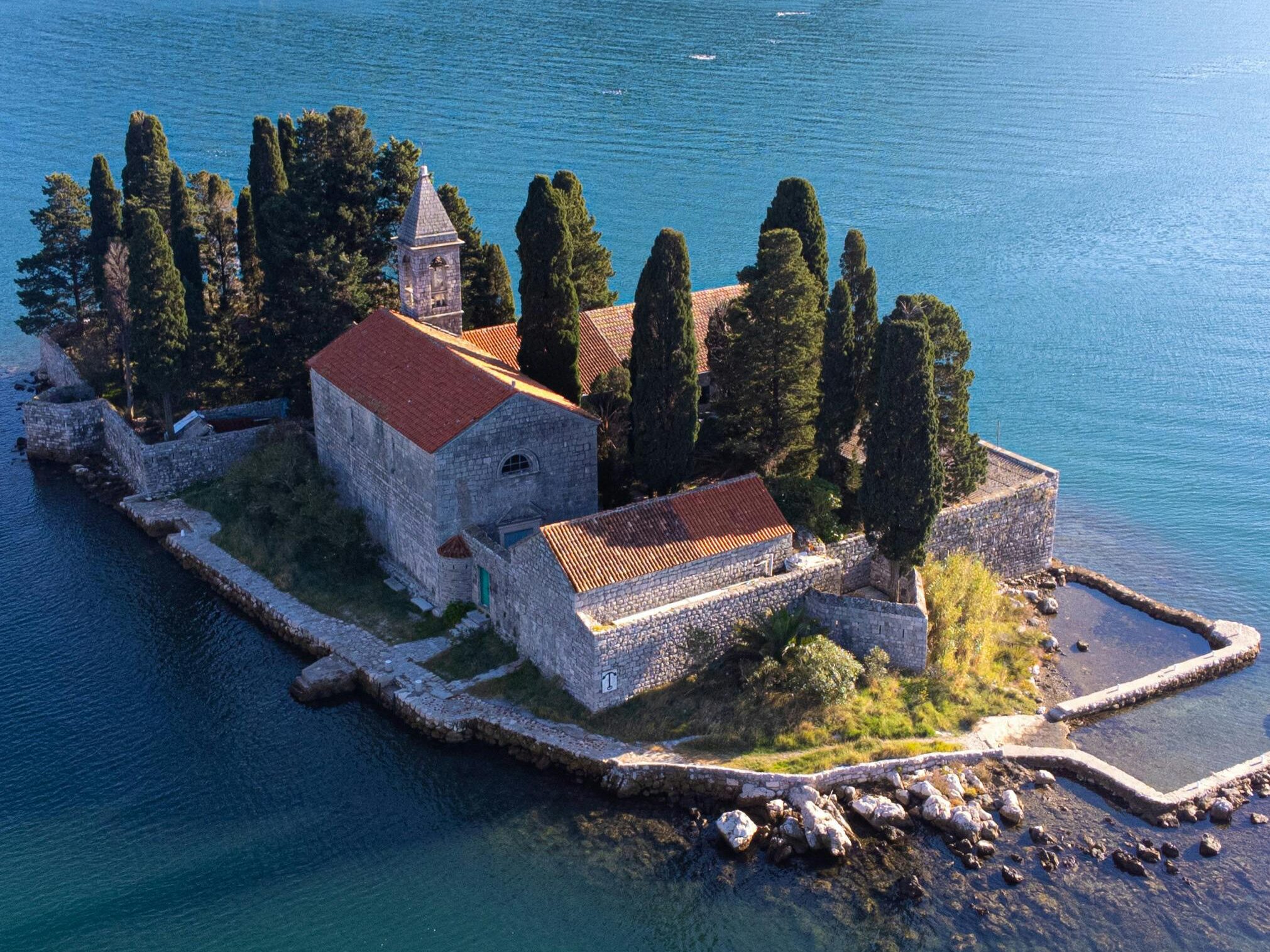
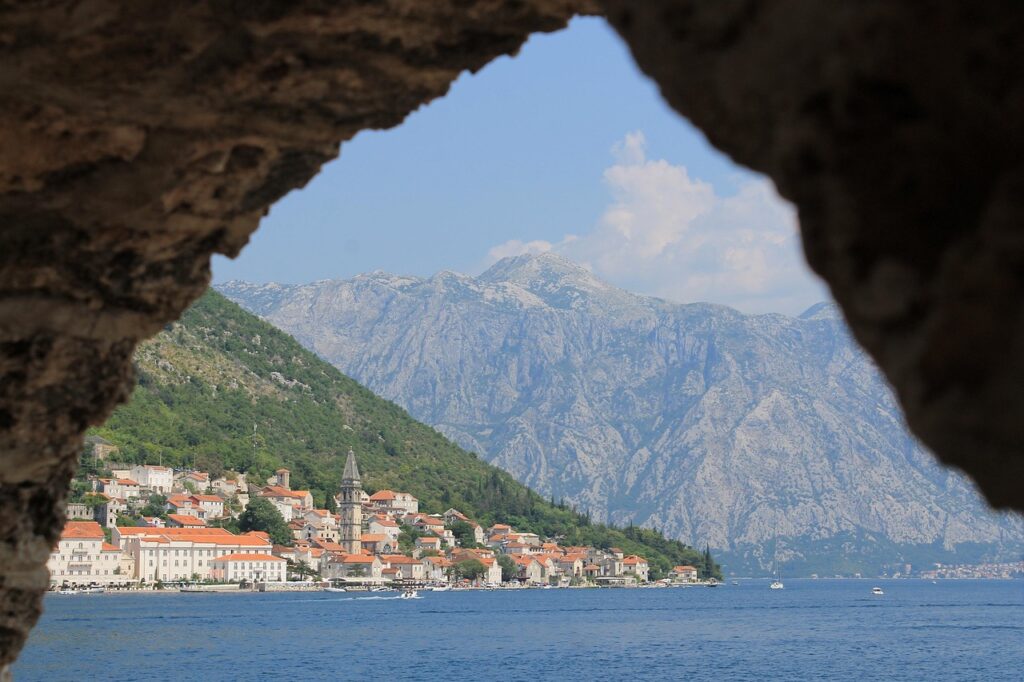
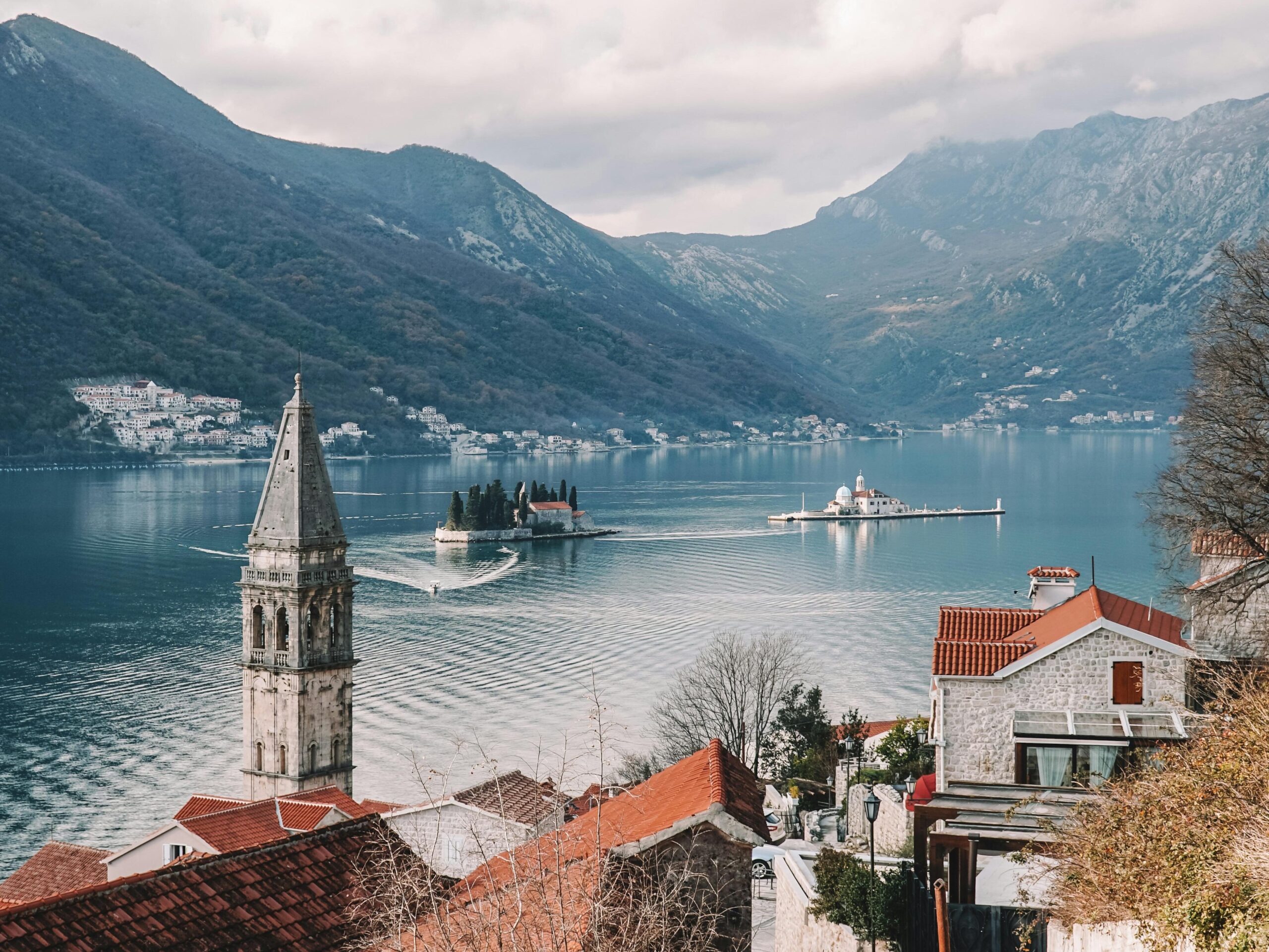
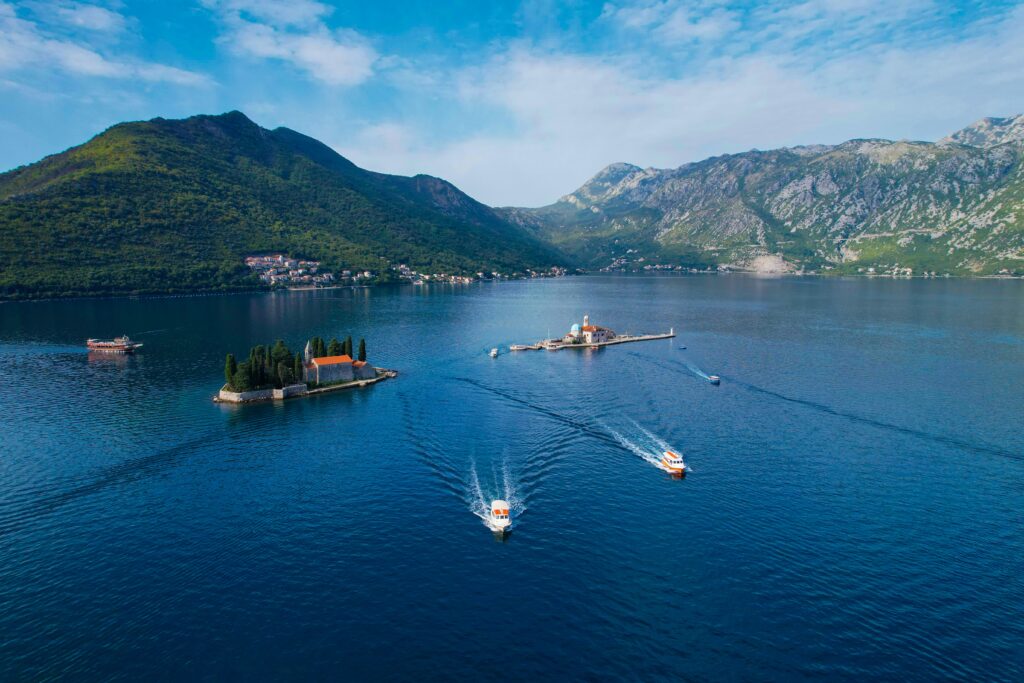
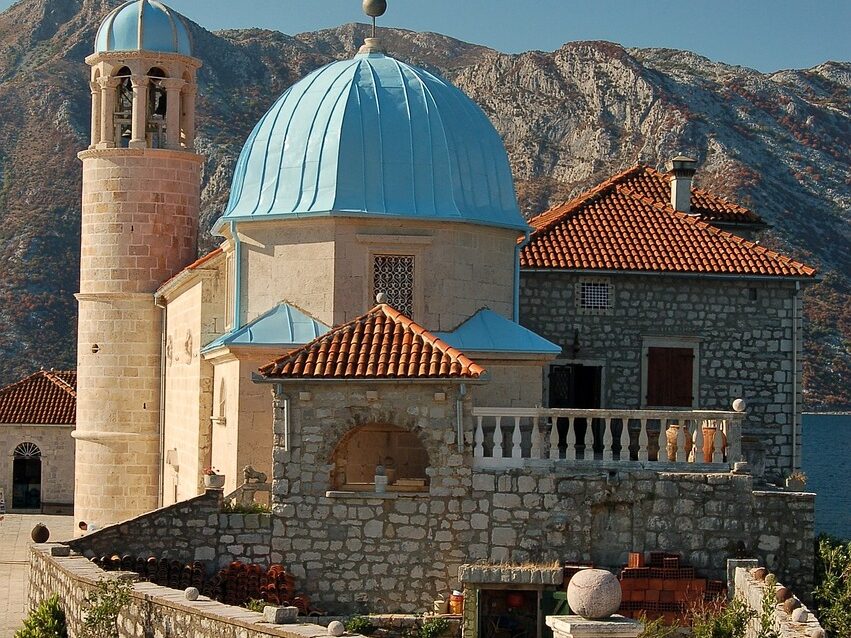
Île de Bréhat – Where the Tide Sets the Pace
Just off the pink granite coast of Brittany, there’s an island where time folds like the tide. No cars. No noise. Just stone paths, old gardens, and the sea, rising and falling like breath. Bréhat isn’t somewhere you arrive. It’s somewhere you drift into : by ferry, by instinct, by letting go.
Here, the landscape shifts with the light. The southern half is all hydrangeas, mimosas, and agapanthus in bloom, warmed by a rare microclimate that tricks the flora into thinking it’s farther south than it is. The north is wilder, leaner, sculpted by salt winds and silence. Fishermen’s cottages cling to the granite. Seaweed dries on wooden racks. The gulls cry low and long. There’s no schedule but the pull of the tide.
To stay here is to surrender to the island’s rhythm, and at Hôtel Bellevue, you do so with grace. Tucked at the water’s edge, it feels more like a private villa than a hotel: sea-facing rooms, quiet terraces, and a restaurant where the scallops taste of the bay they came from. It’s not ostentatious, just beautifully in tune with the place.
Breakfast might be a warm galette and Breton butter under fig leaves. Afternoons pass walking cliff paths lined with heather, stopping for oysters with a view of the lighthouse, or napping in a hammock while the shoreline reshapes itself with the tide.
You live here by the rhythms of the natural world. High tide, low tide. Sunlight through pine needles. A handwritten menu chalked fresh each evening. No dress code, no spectacle: just the quiet confidence of a place that has never needed to impress. Bréhat doesn’t try to seduce. It simply waits. And when you’re ready to move at its pace, it opens like a flower at low tide, full of scent, silence, and the kind of softness that lingers long after you leave.
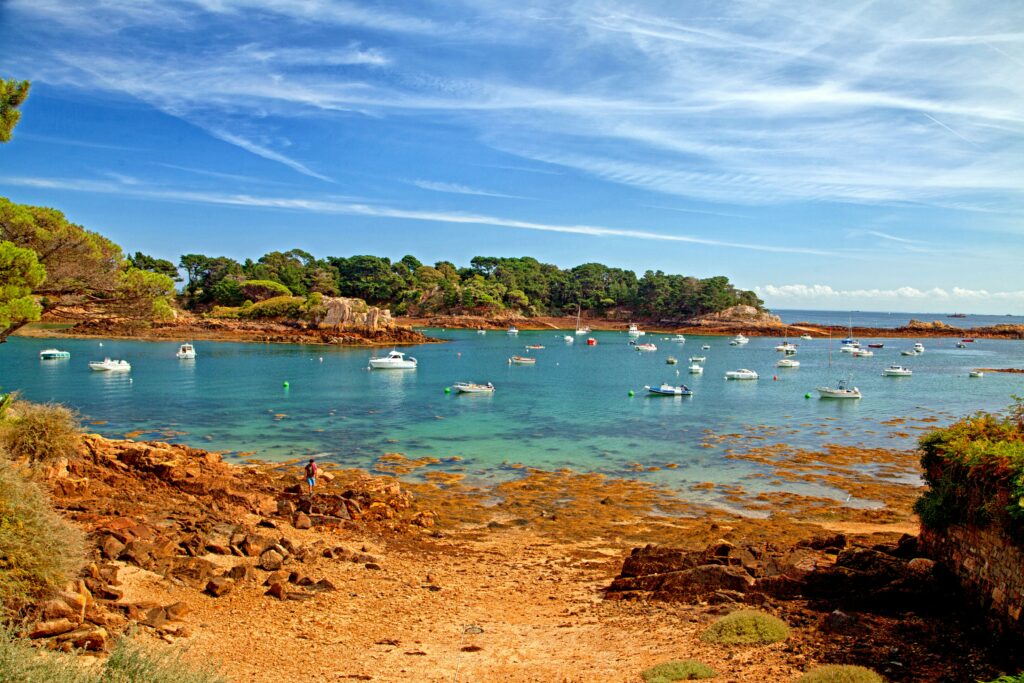
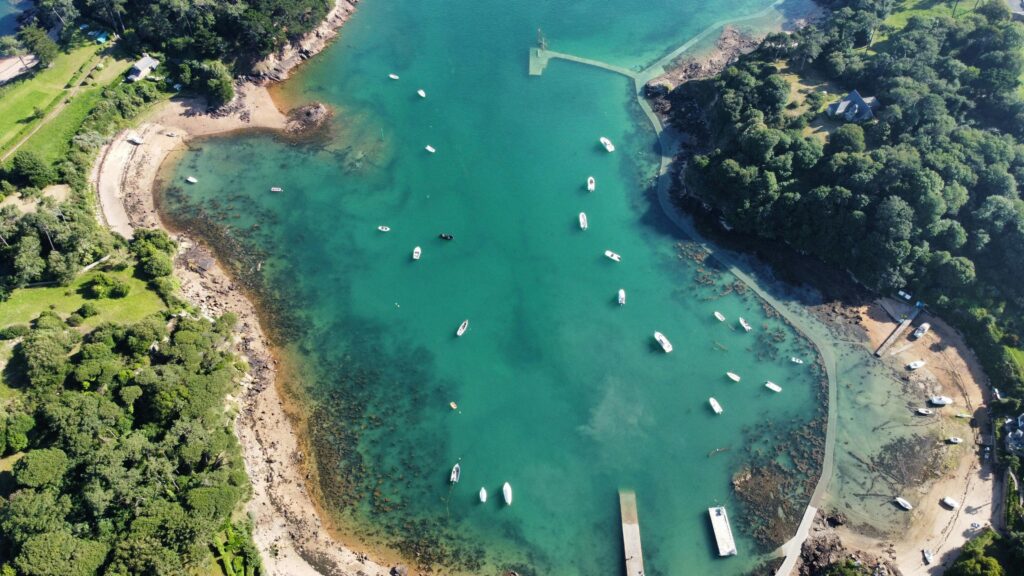
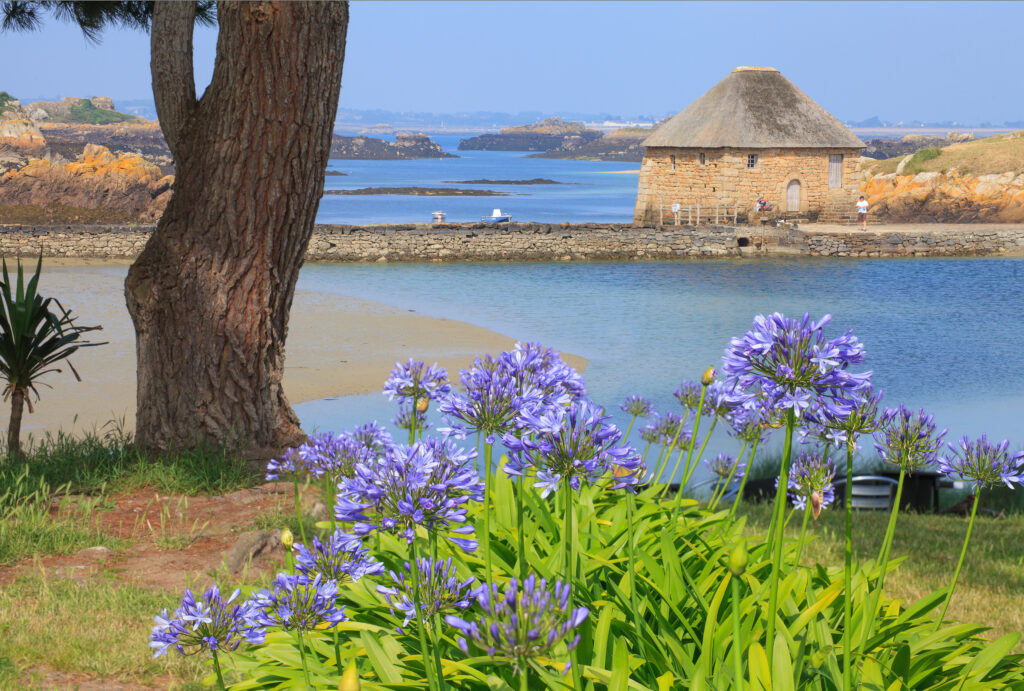
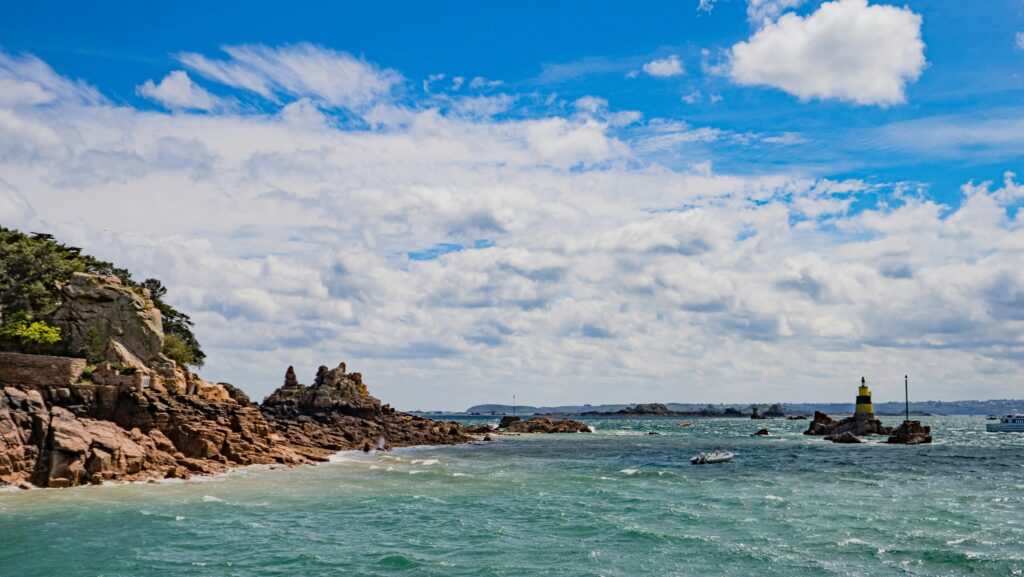
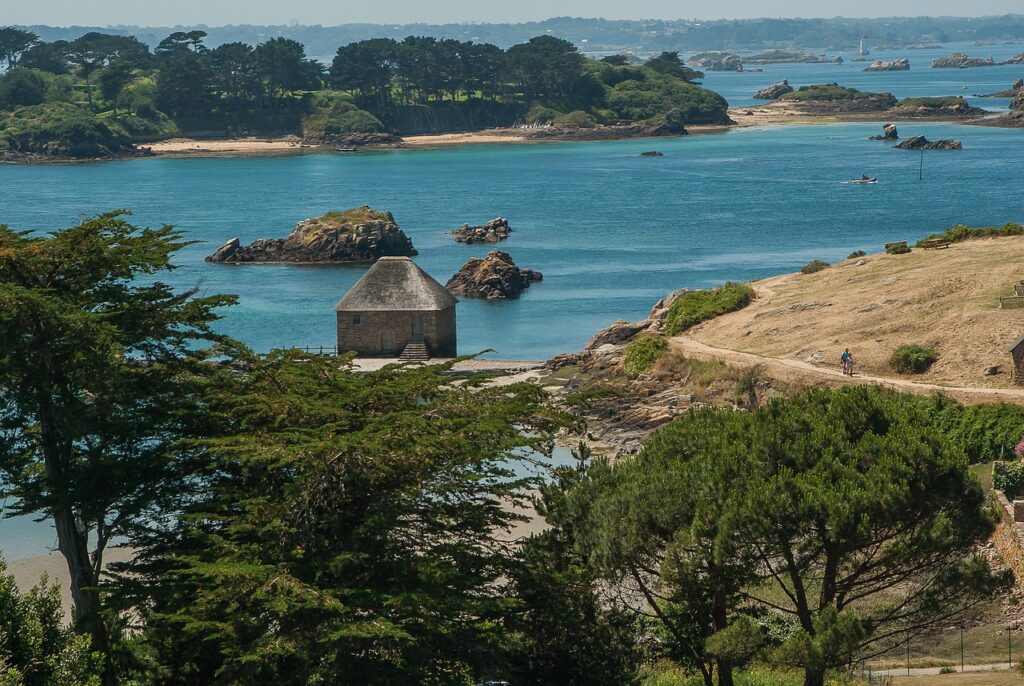
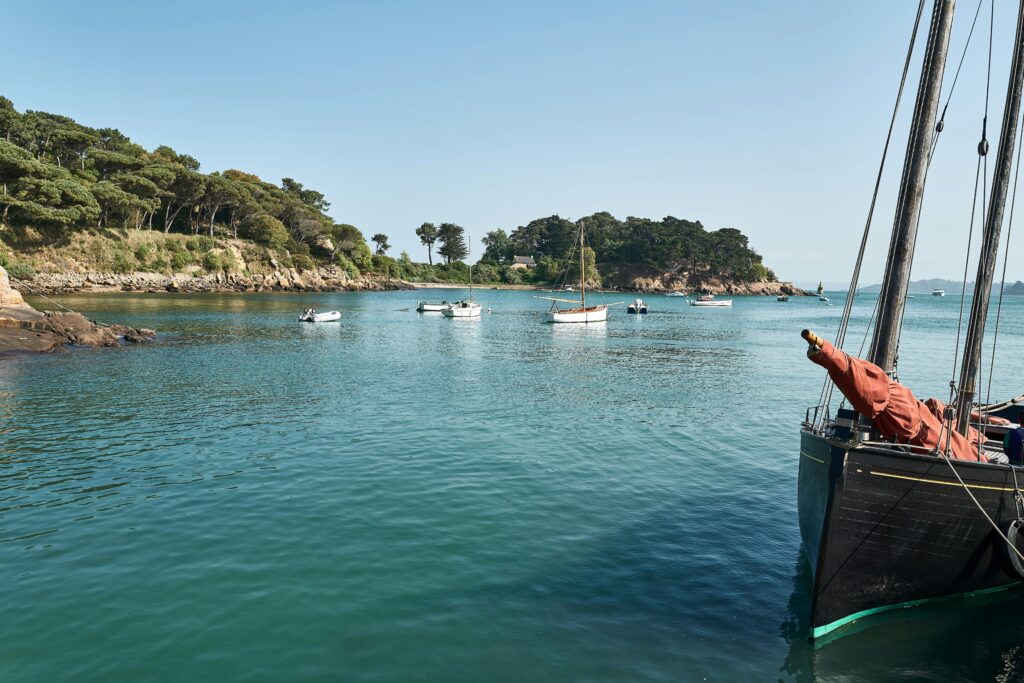
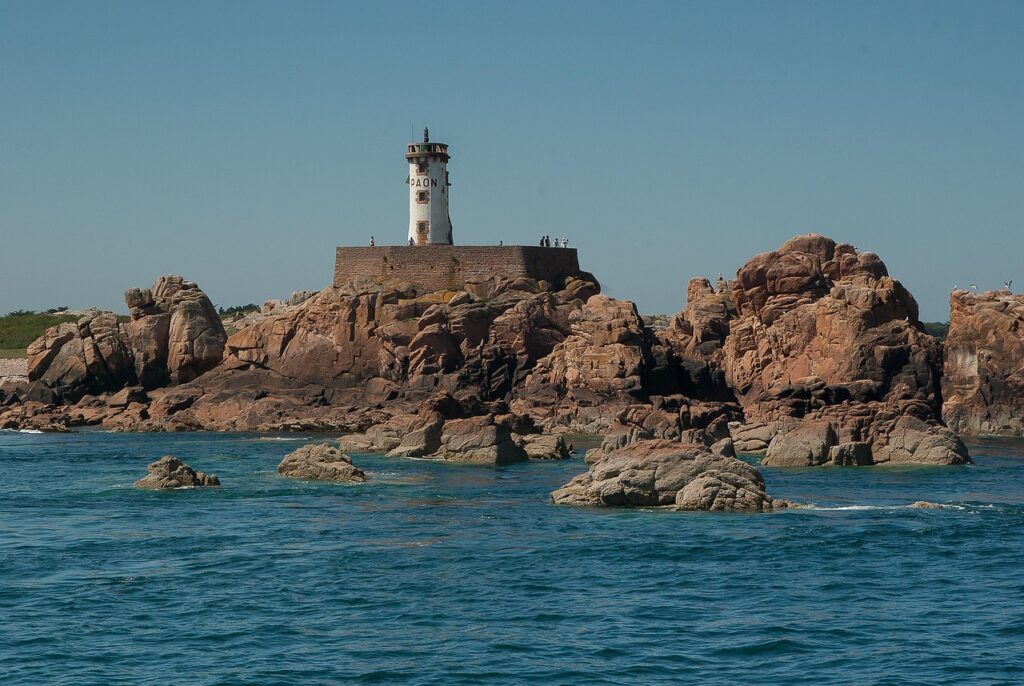
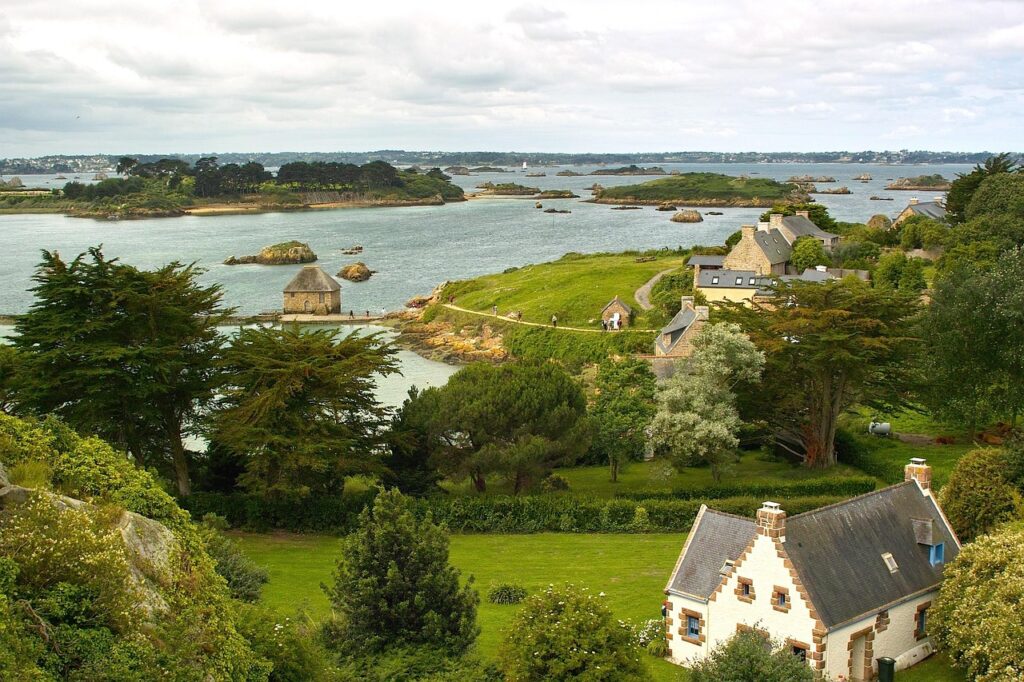
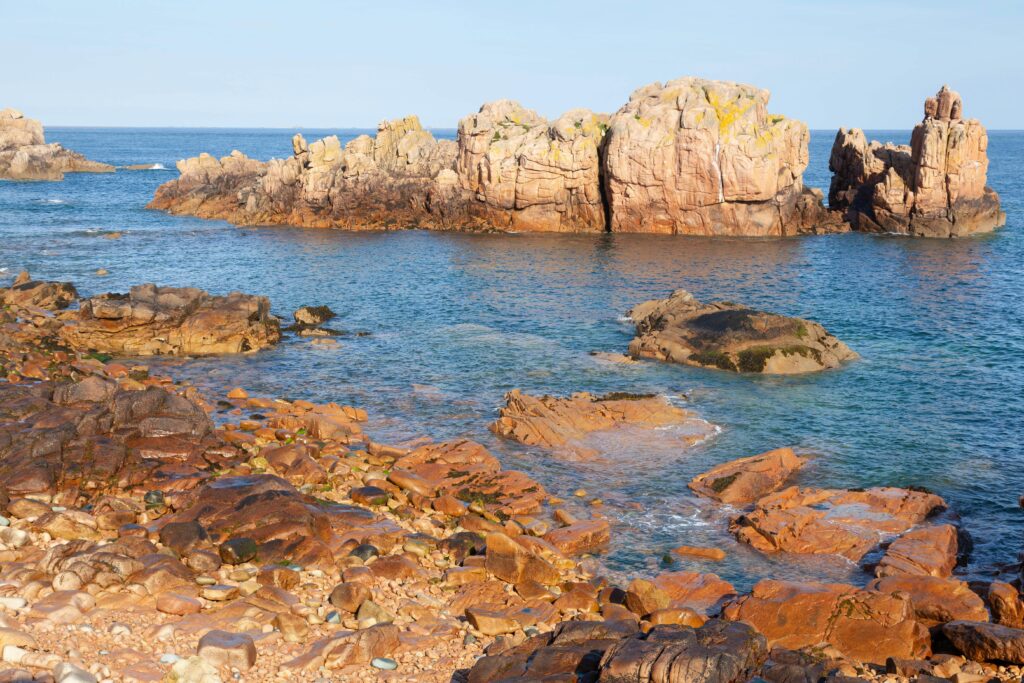
Castelmezzano – Silence in the Stone
In the heart of Basilicata, folded deep into the Lucanian Dolomites, lies a village that seems to have grown straight from the rock. Castelmezzano doesn’t reveal itself until the last moment. You drive through tunnels carved into cliffs, twist around bends where the mountains close in, and then suddenly, there it is, clinging to the peaks like a memory you weren’t sure was yours.
Everything here is vertical. The jagged mountains rise like broken teeth, and the village clings to them : a cluster of slate roofs, sandstone facades, and narrow alleys that seem more suited to goats than cars. You move through it slowly, because there’s no other way. Because the air is thinner. Because the silence insists on being heard.
Life in Castelmezzano isn’t staged for visitors. The baker still knows every face. Laundry still flutters from iron balconies. And time moves like the clouds that drift between the peaks, aimless, slow, and strangely comforting. There’s no rush to be anywhere. No crowds, no noise, no spectacle.
At Hotel Dolomiti, recently restored with a clean, modern aesthetic, you find comfort that doesn’t interrupt the landscape : it folds into it. Wide windows open onto mountain views, the air smells of pine and stone, and the silence is softened by thoughtful details : soft linen, polished wood, warm bread delivered at breakfast. There’s a spa tucked inside, and a restaurant where the local wine flows easily, and the lamb is slow-cooked the way it’s always been.
Afternoons are for walking high trails, dipping your hands in cold springs, and stopping to watch eagles spiral on warm air currents. Dinner might be in a vaulted trattoria where the candlelight flickers against stone, and the food – wild greens, pecorino, thick wine – tastes like it’s been prepared the same way for generations. You don’t ask for a menu. You just say yes. Castelmezzano doesn’t pretend to be timeless. It simply hasn’t moved. It remains — carved into stone, perched in silence, waiting for the rare traveler who understands that stillness is its own kind of elevation.
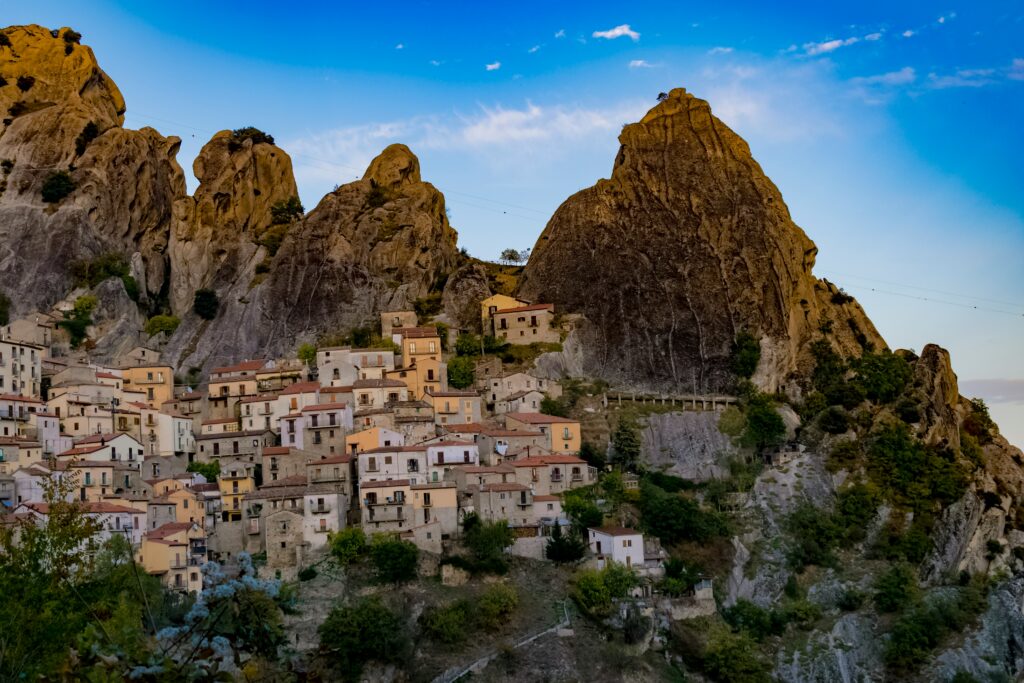
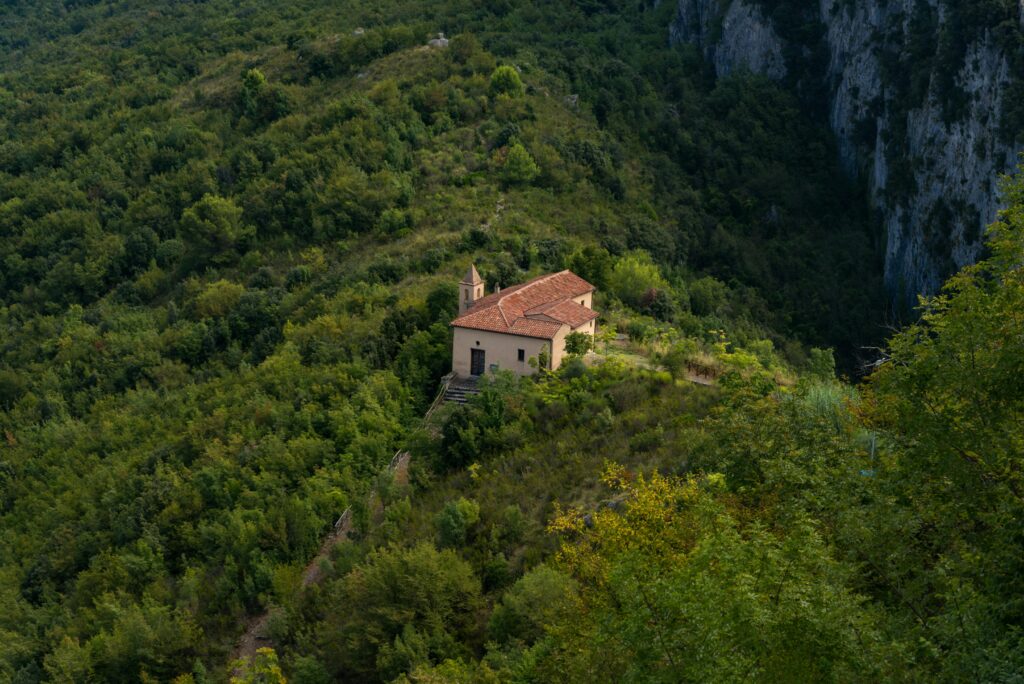
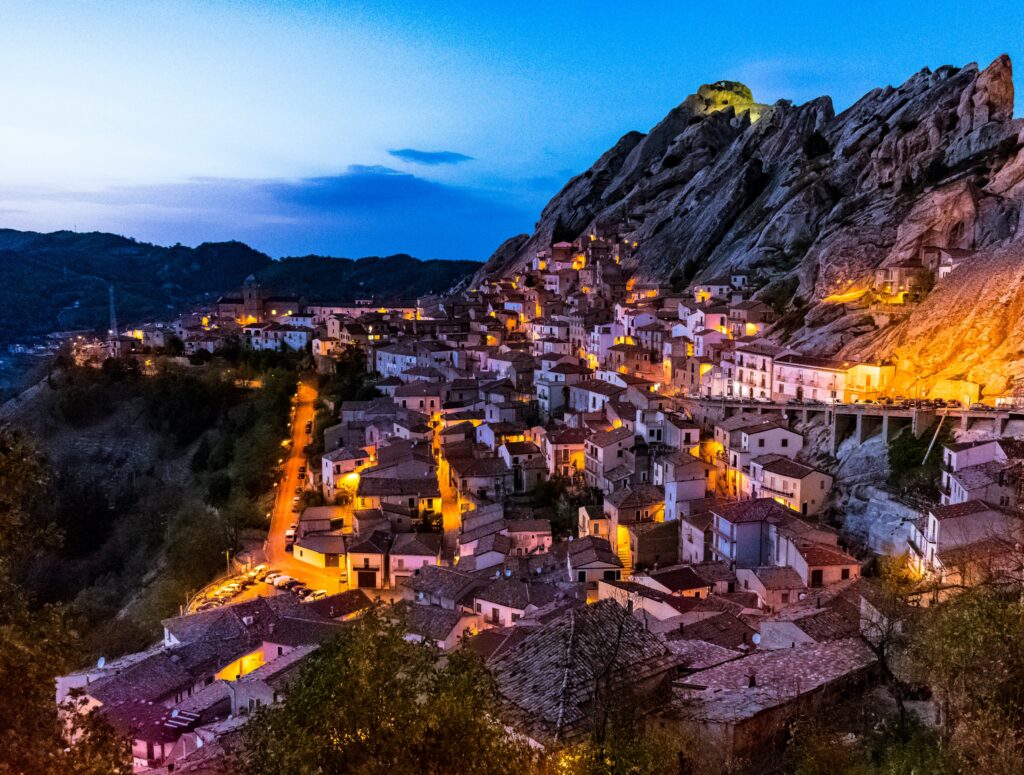
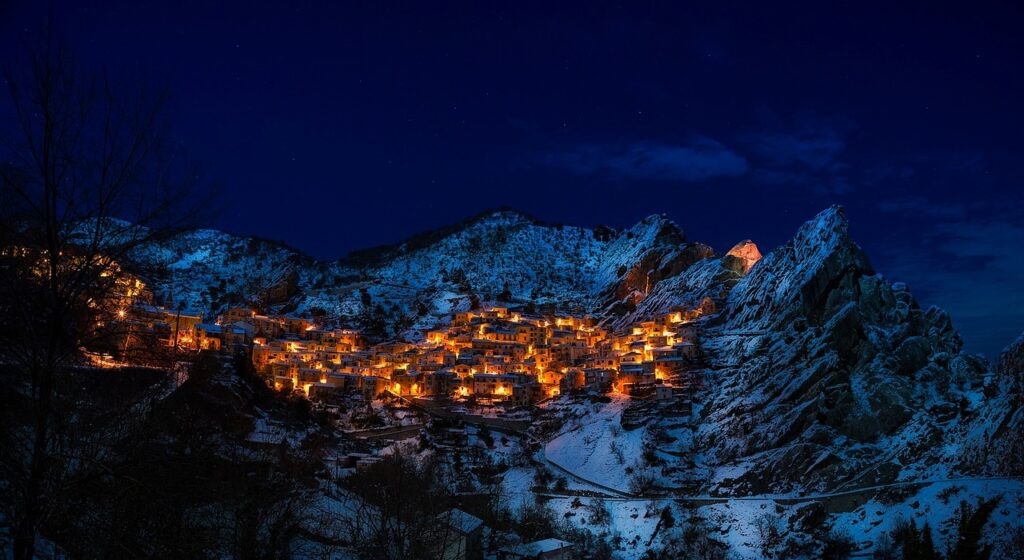
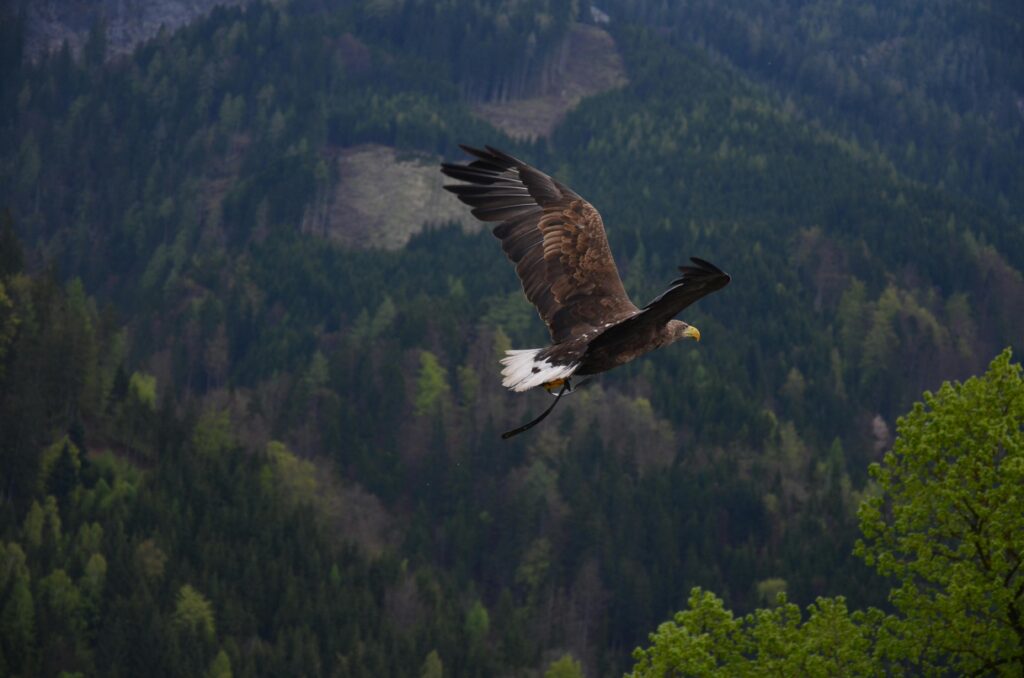
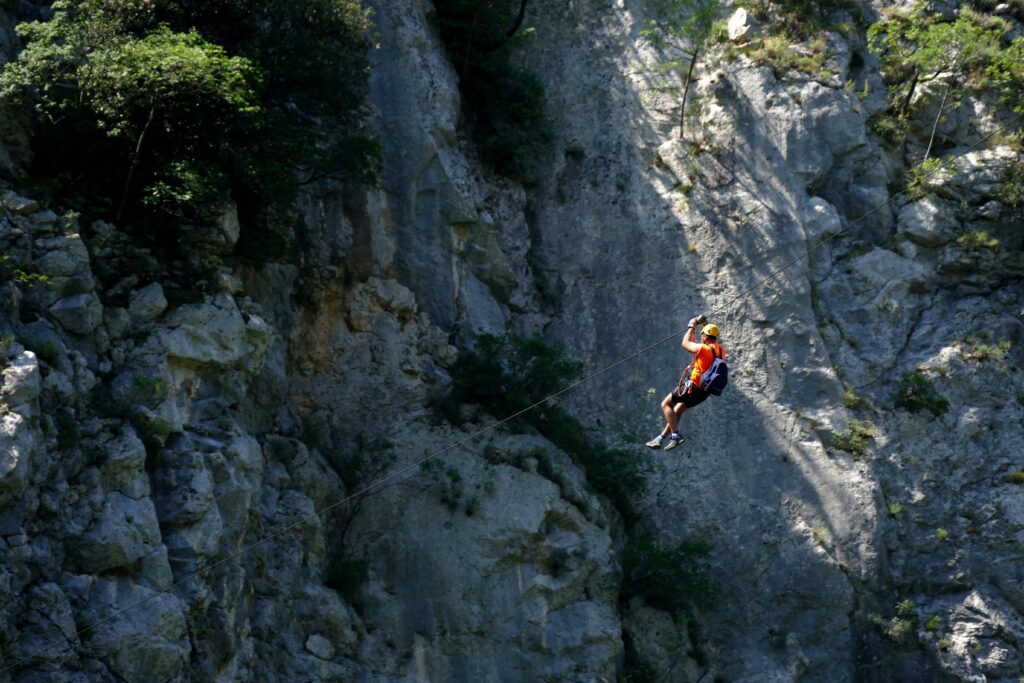
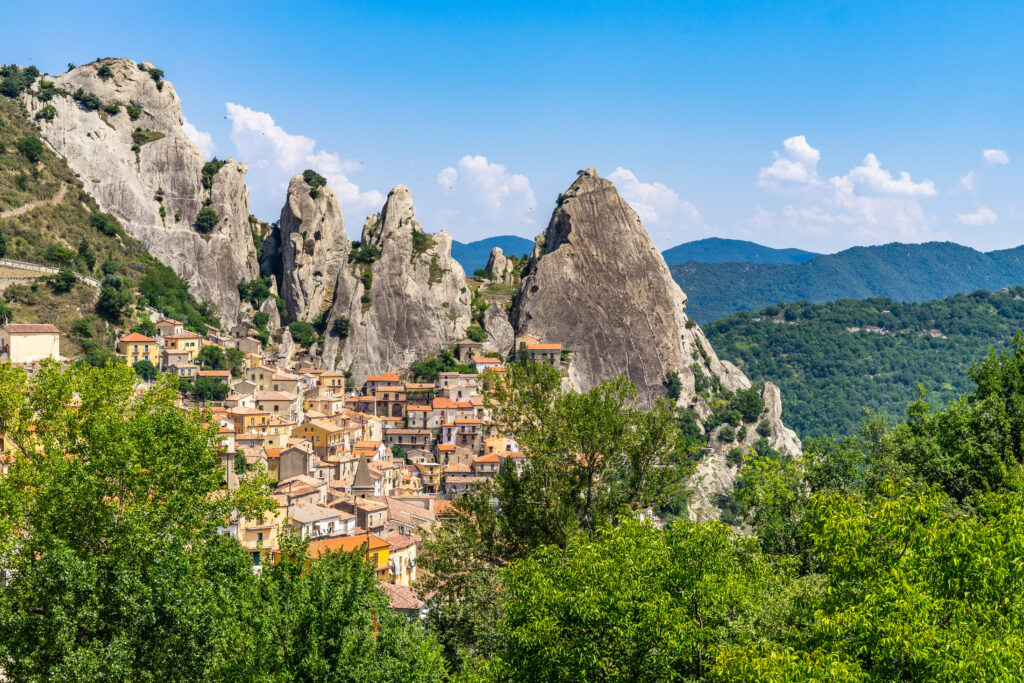
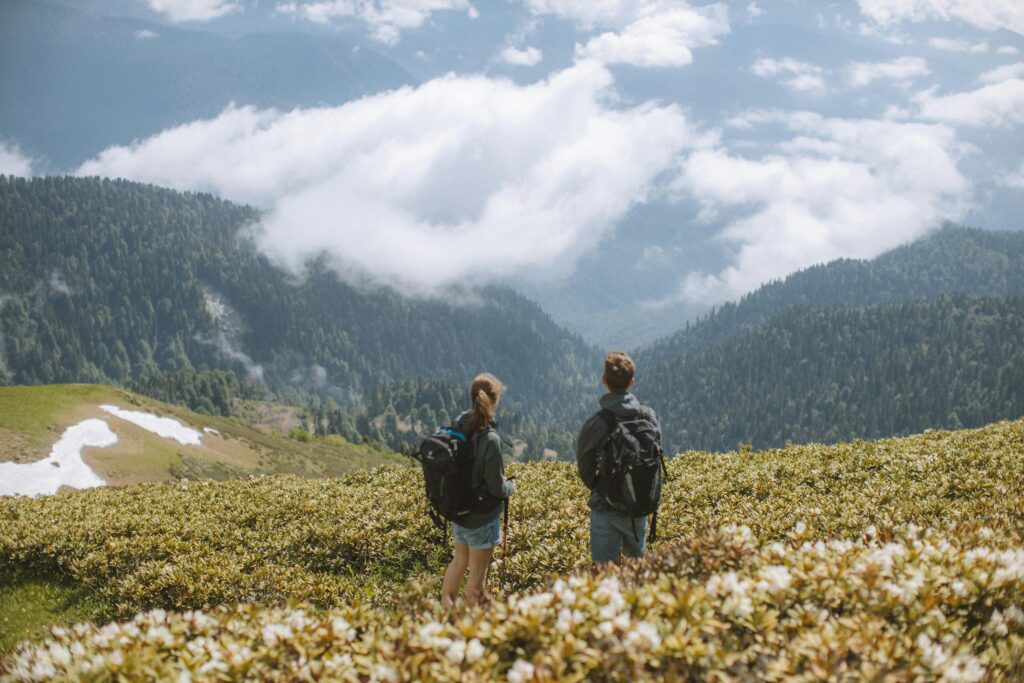
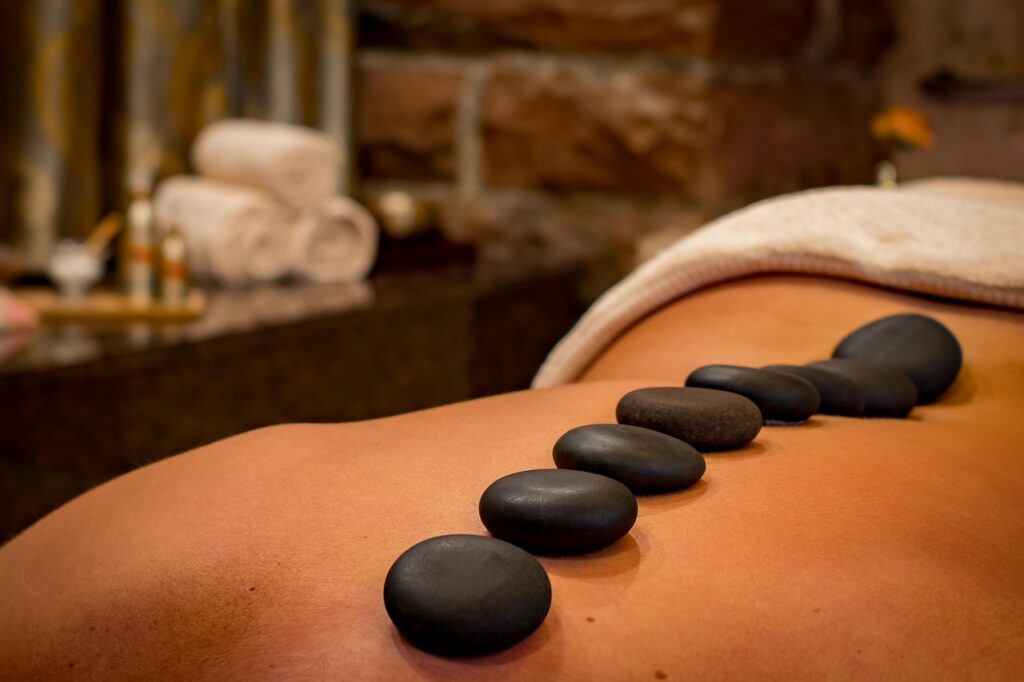
You don’t stumble into places like these. You arrive when something in you says: enough. Enough motion, enough noise, enough traveling without landing. These aren’t scenic pauses on an itinerary. They’re turning points, quiet thresholds where something recalibrates: your pace, your breath, your sense of time.
What makes them rare isn’t their remoteness. It’s their refusal to be rushed. They’ve remained whole while the world has leaned into speed. They don’t need your attention. But if you offer it, they hold it, gently, completely. They won’t dictate what you feel. But they’ll give you the silence to feel something real. And in an age of constant arrival and instant departure, that might just be the last true luxury.


